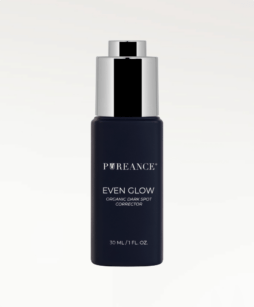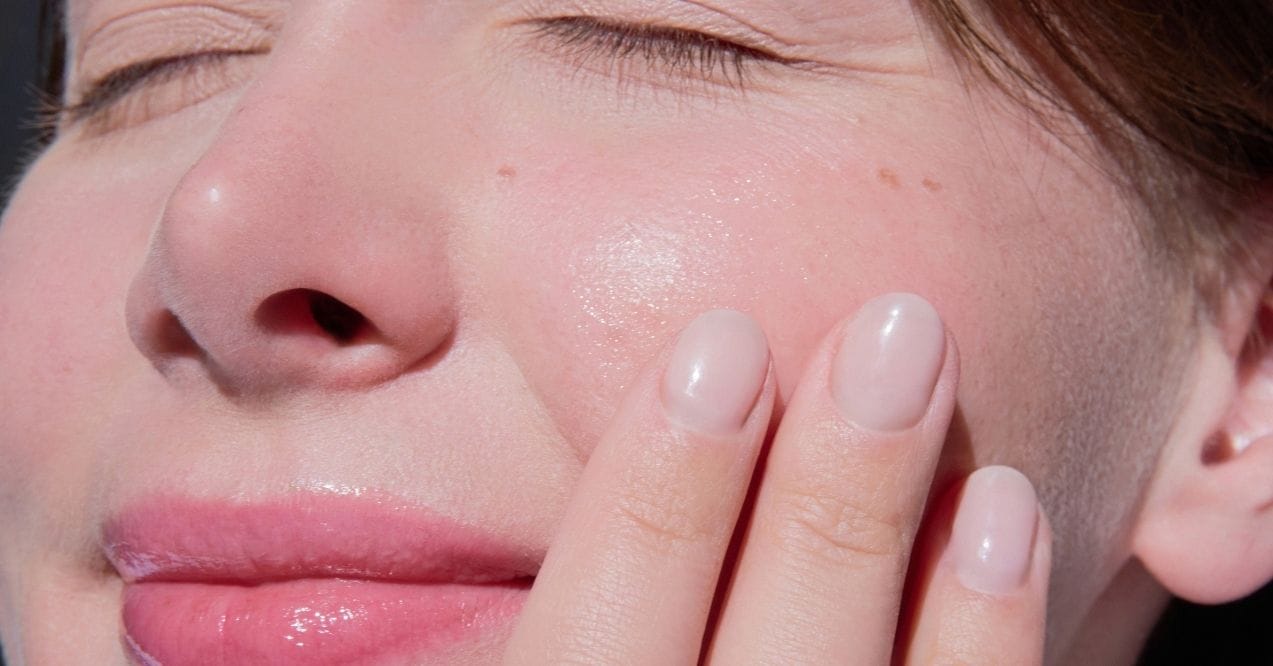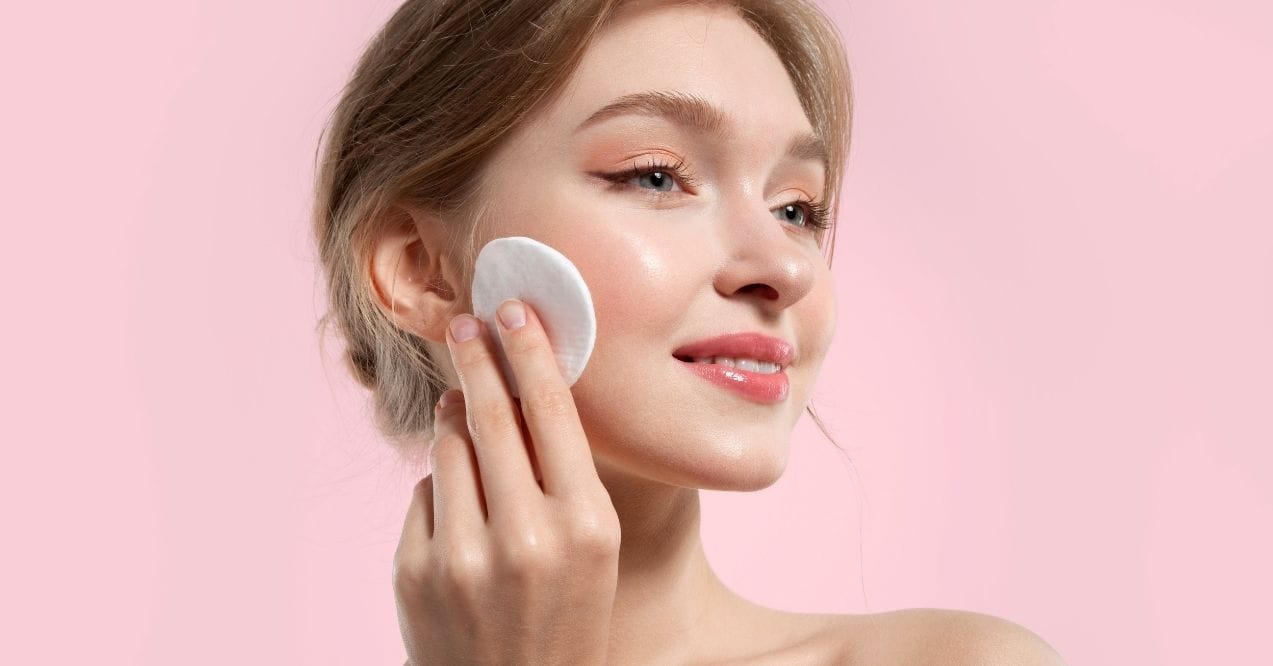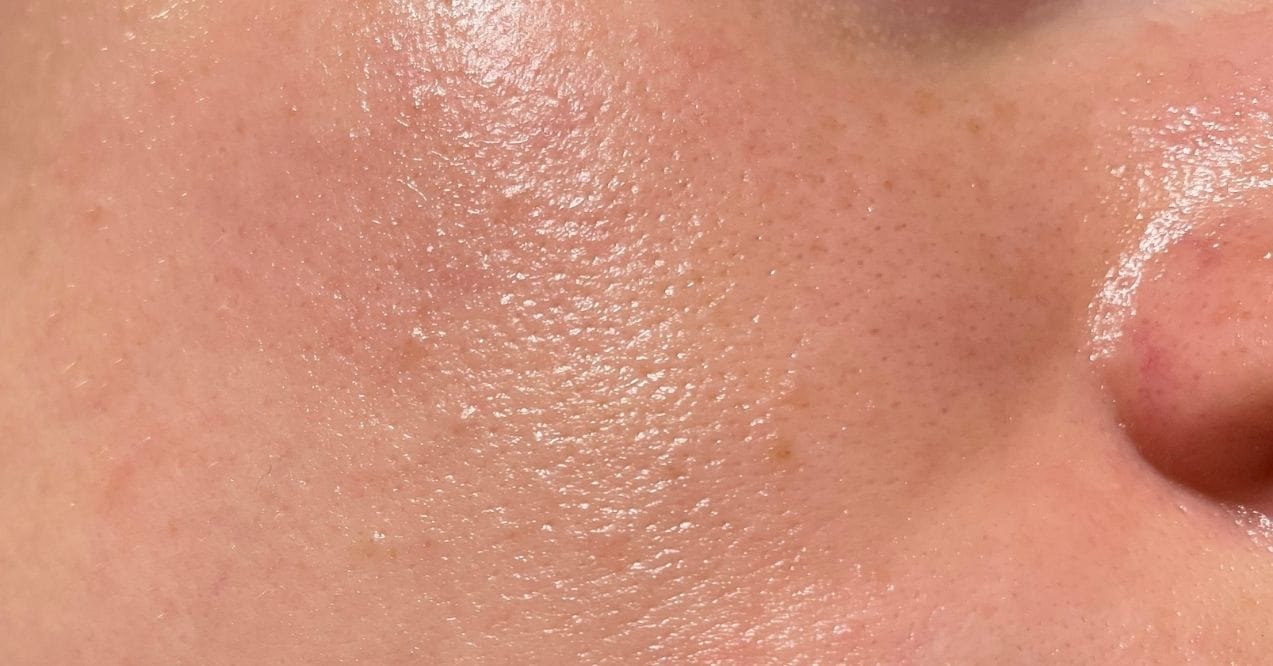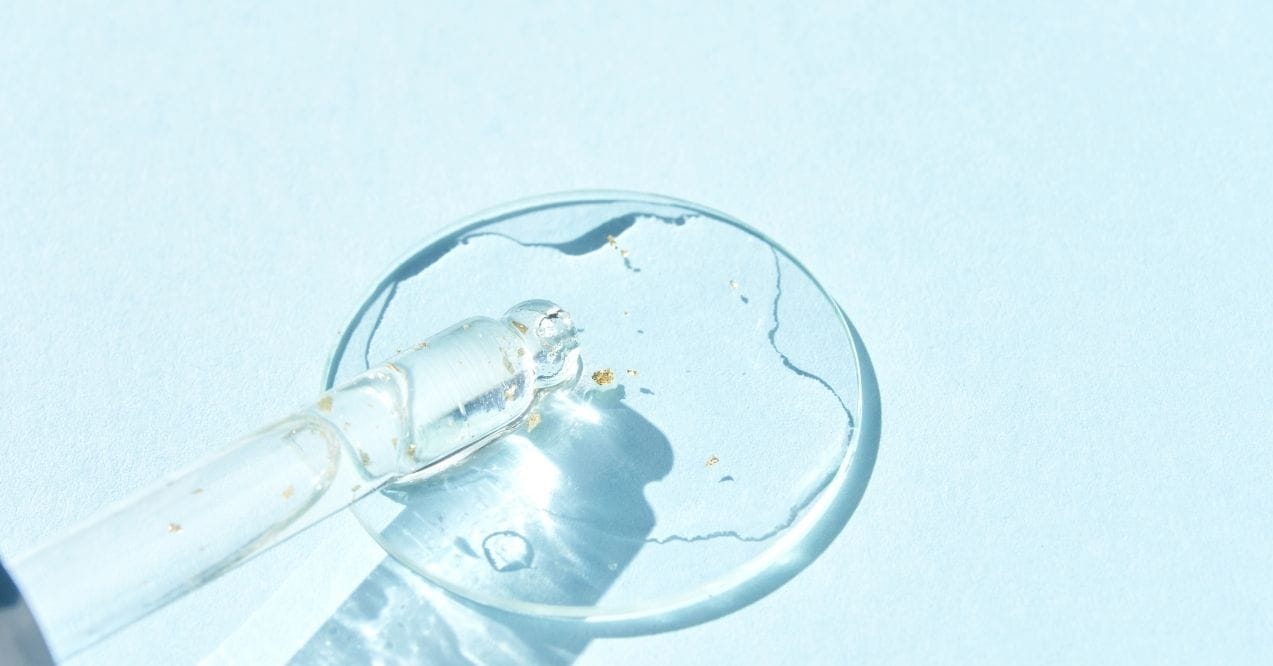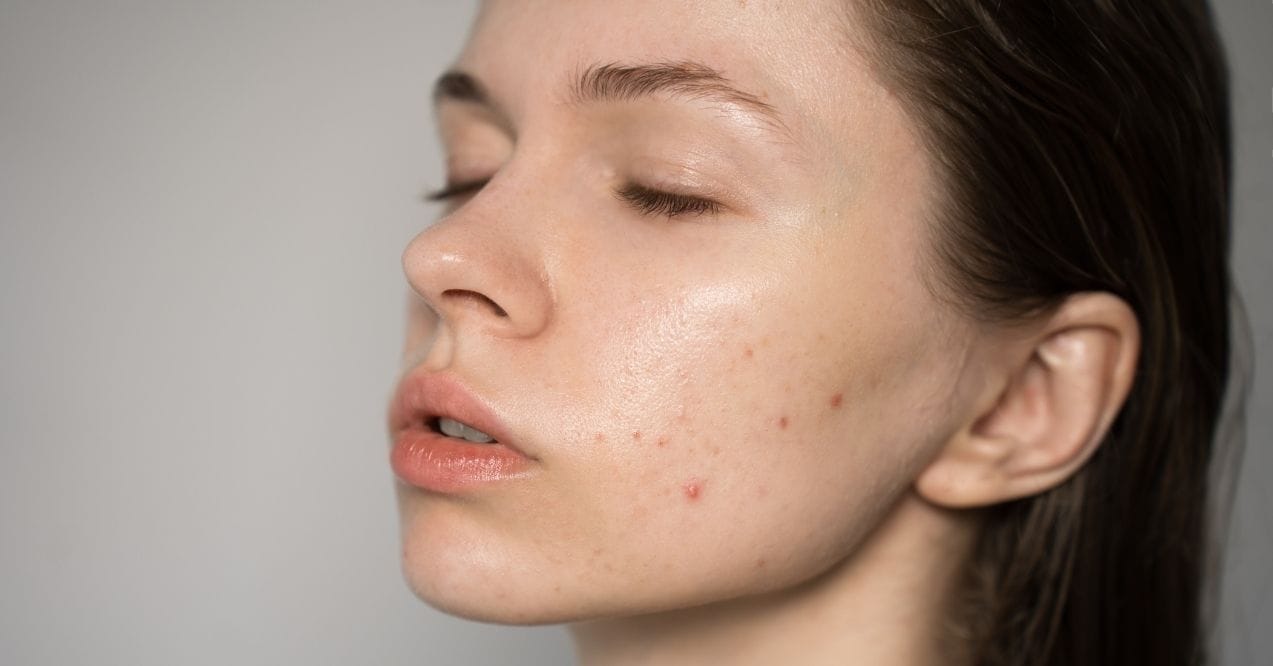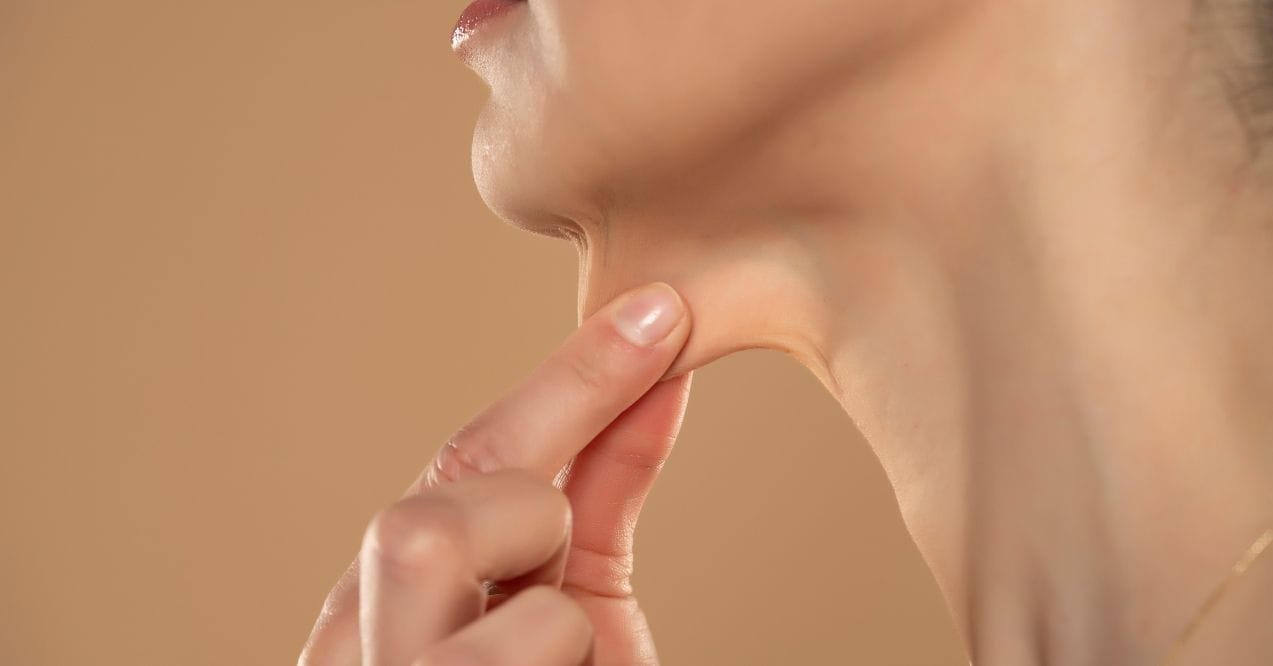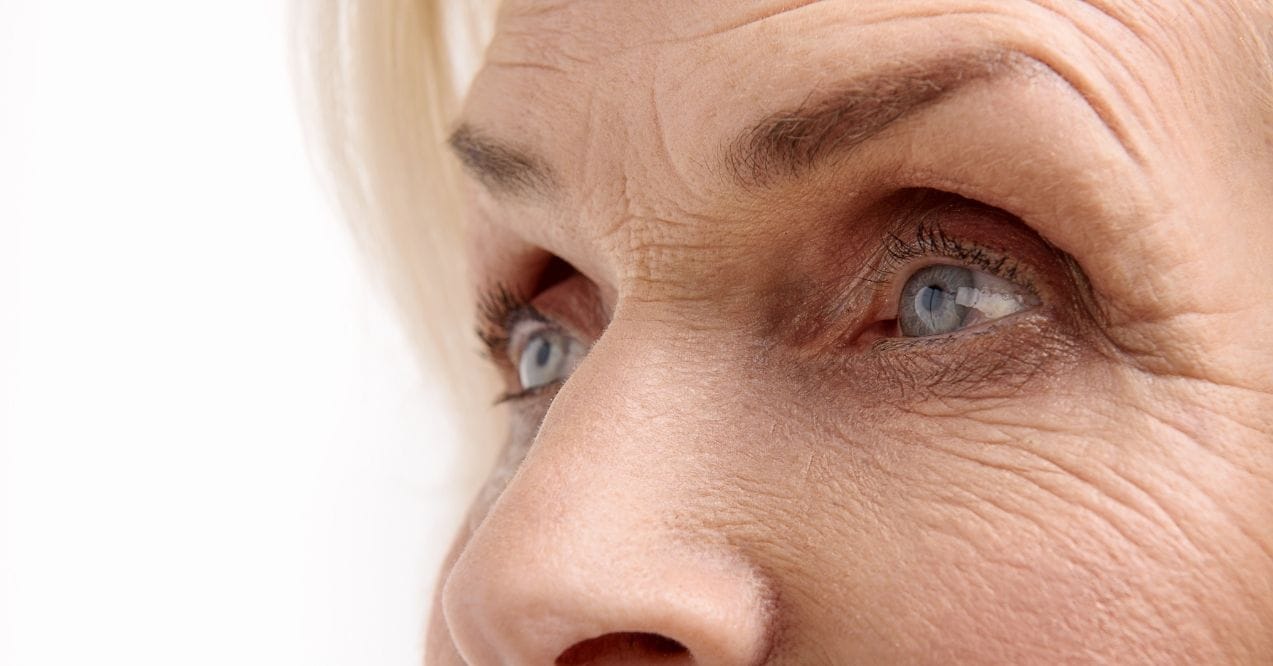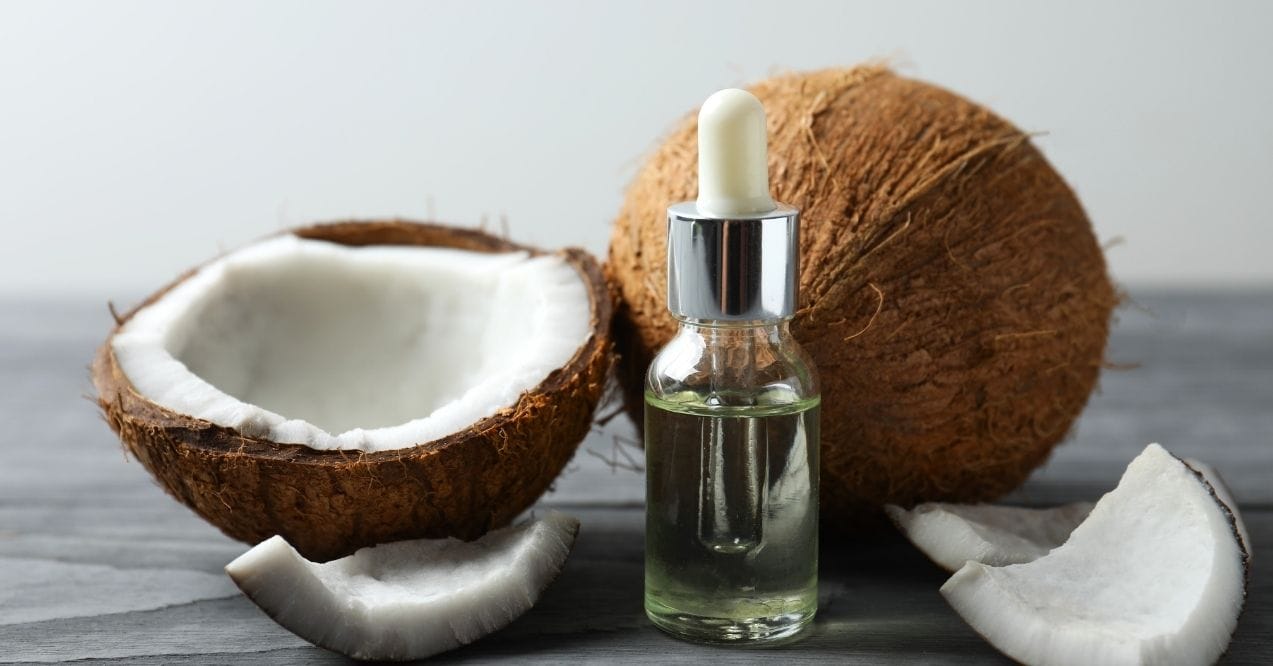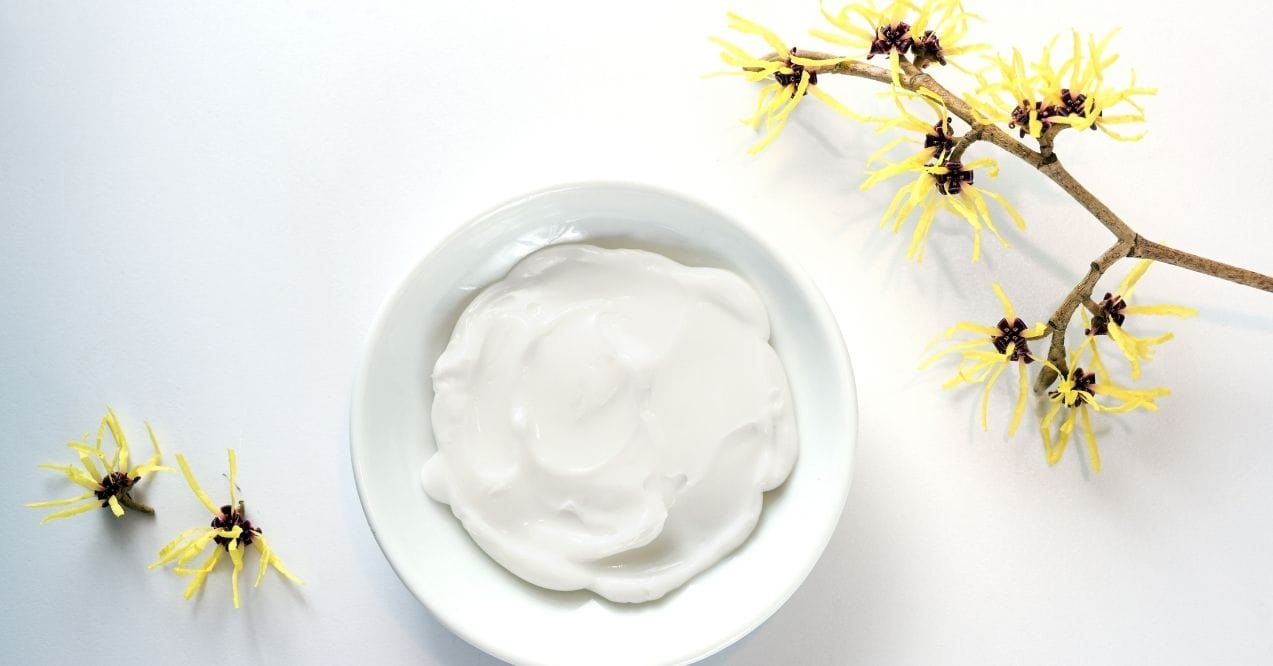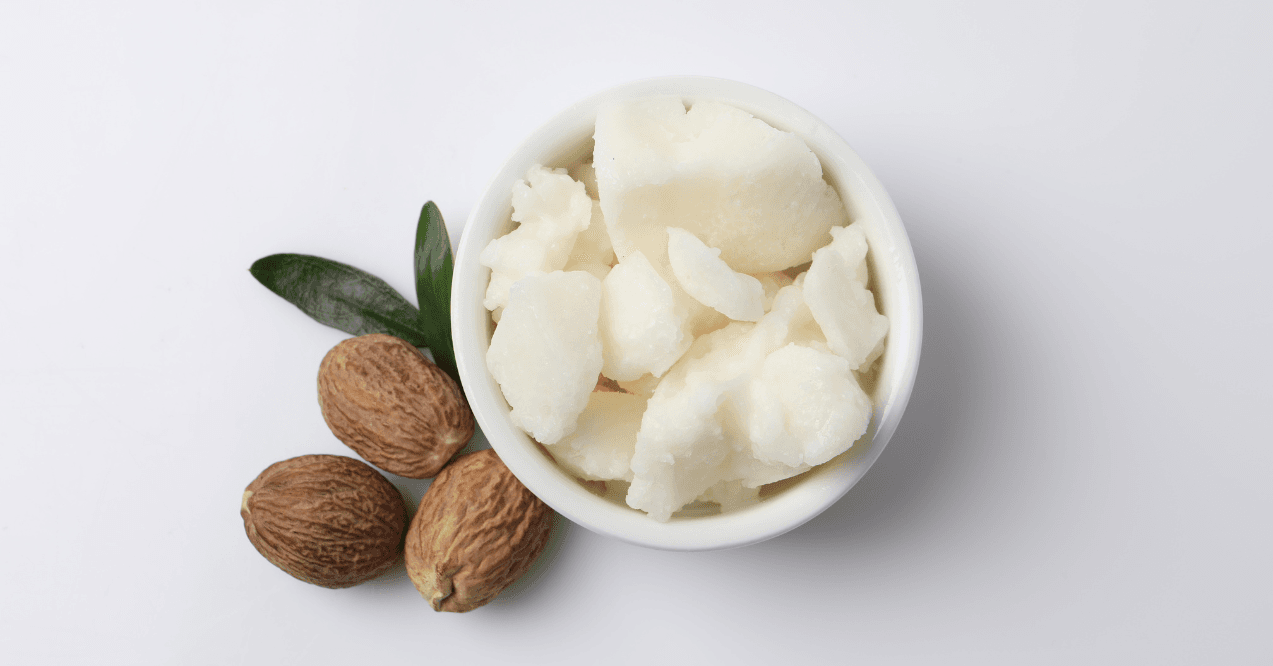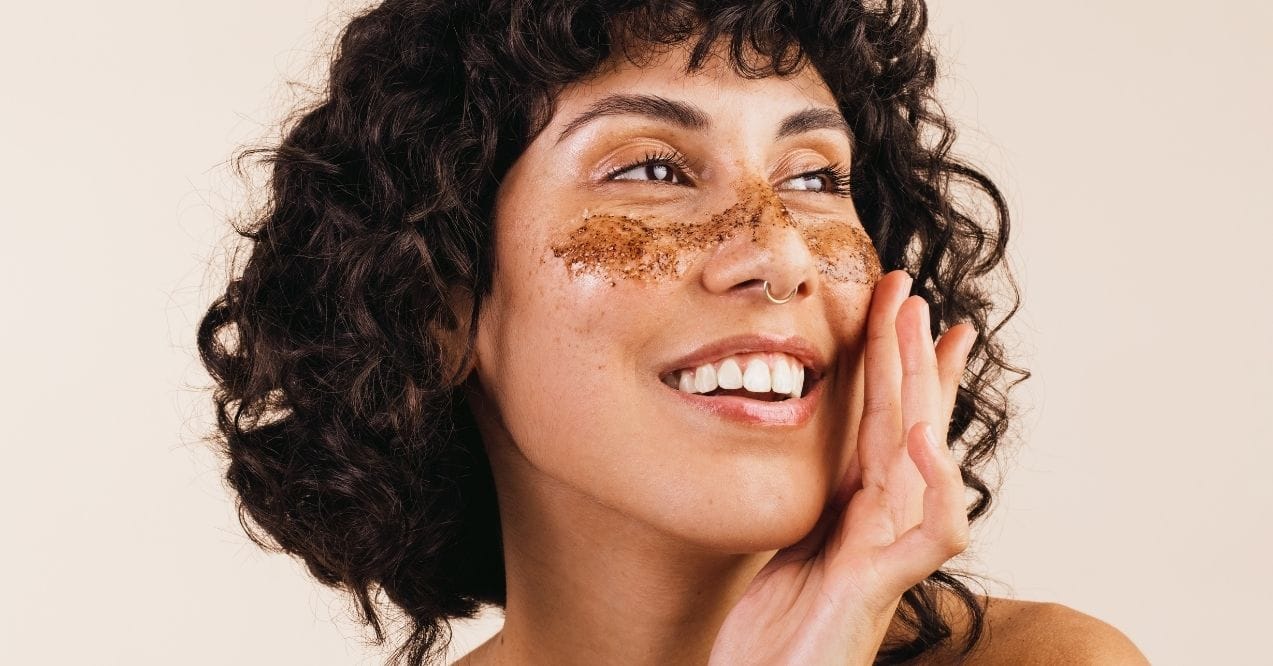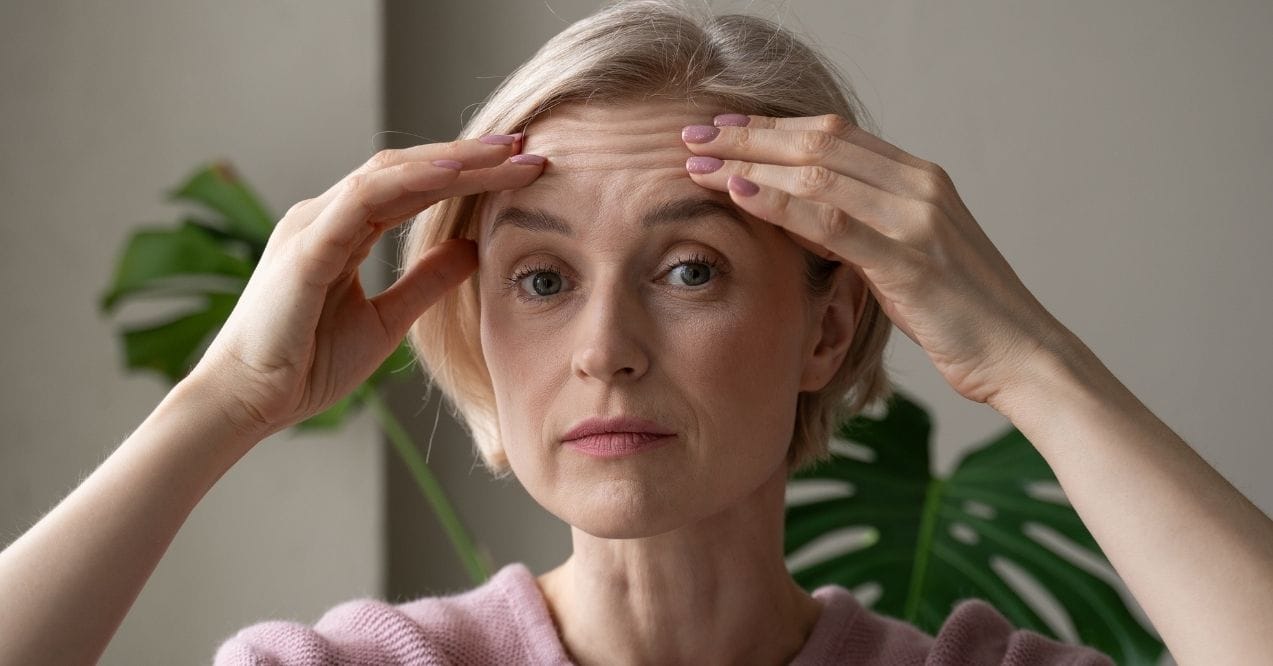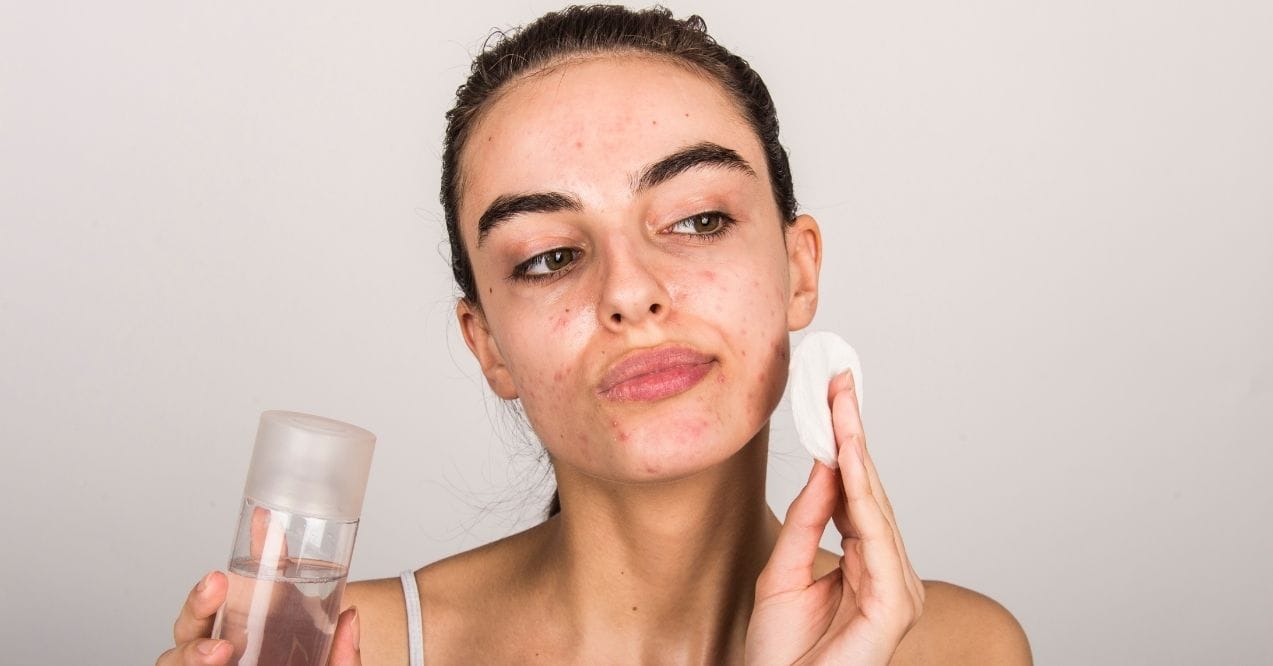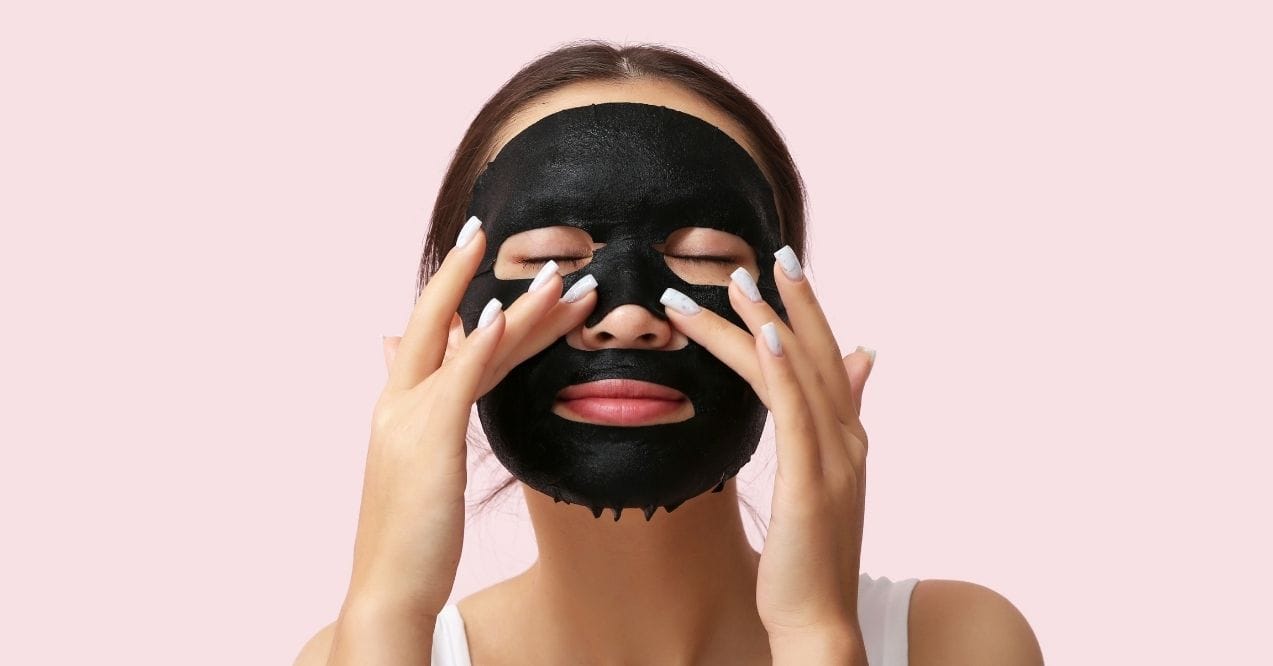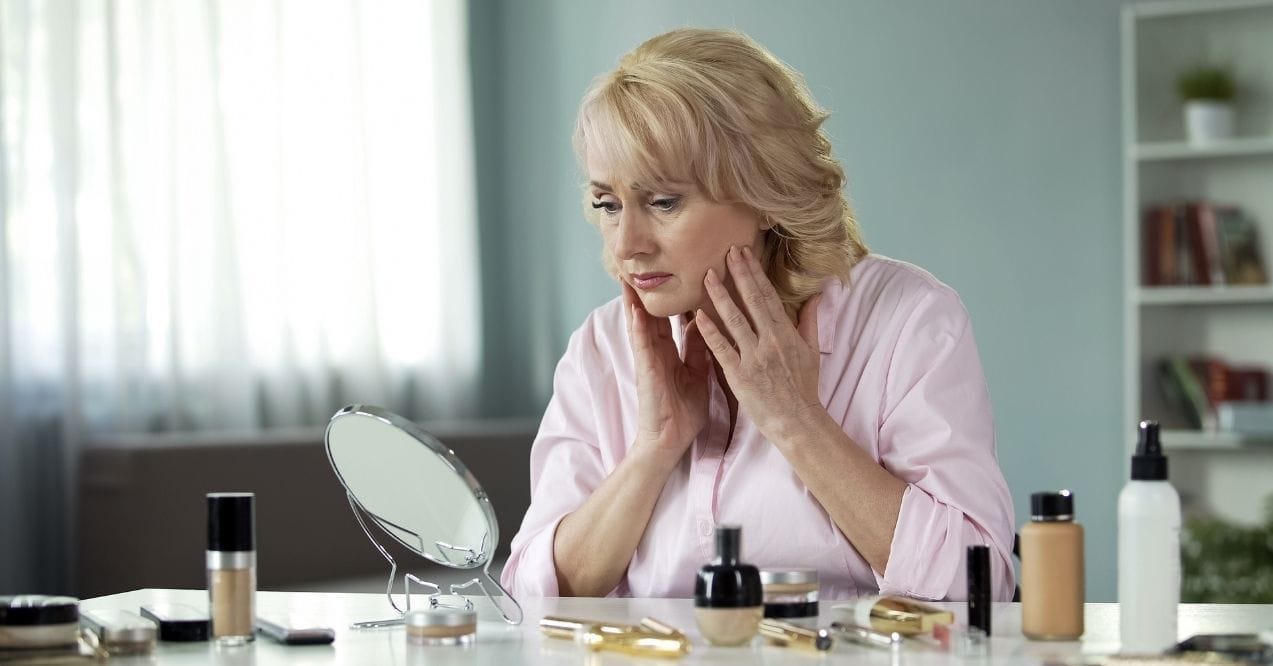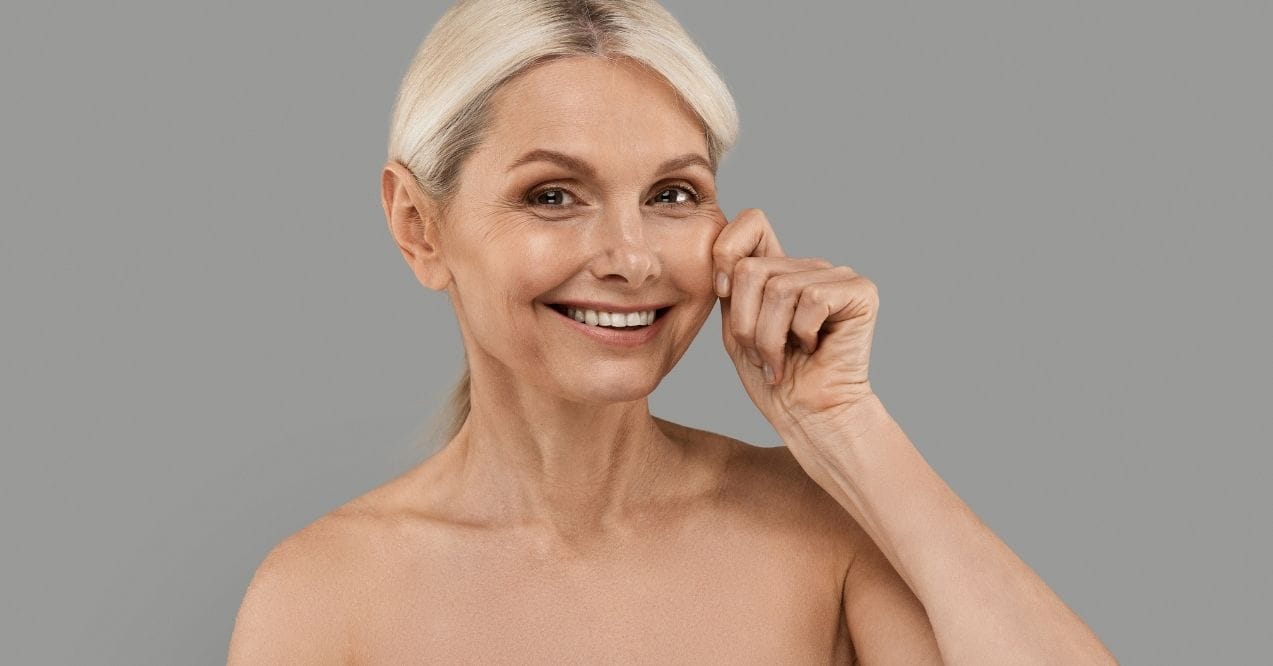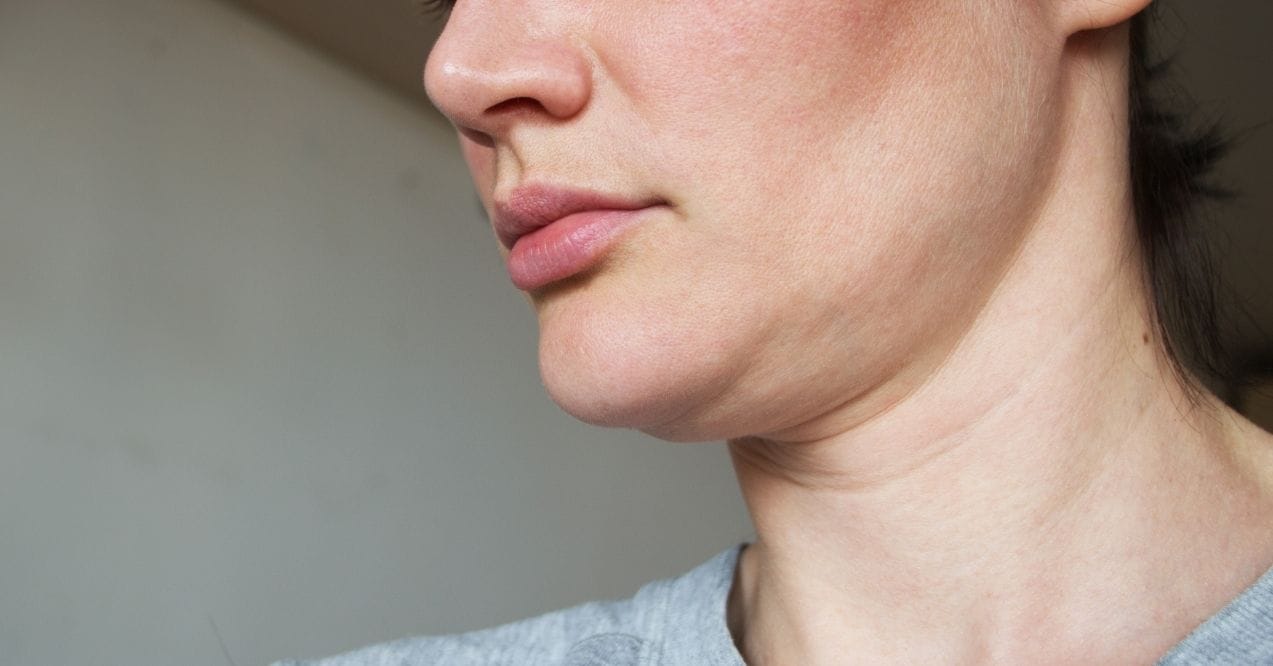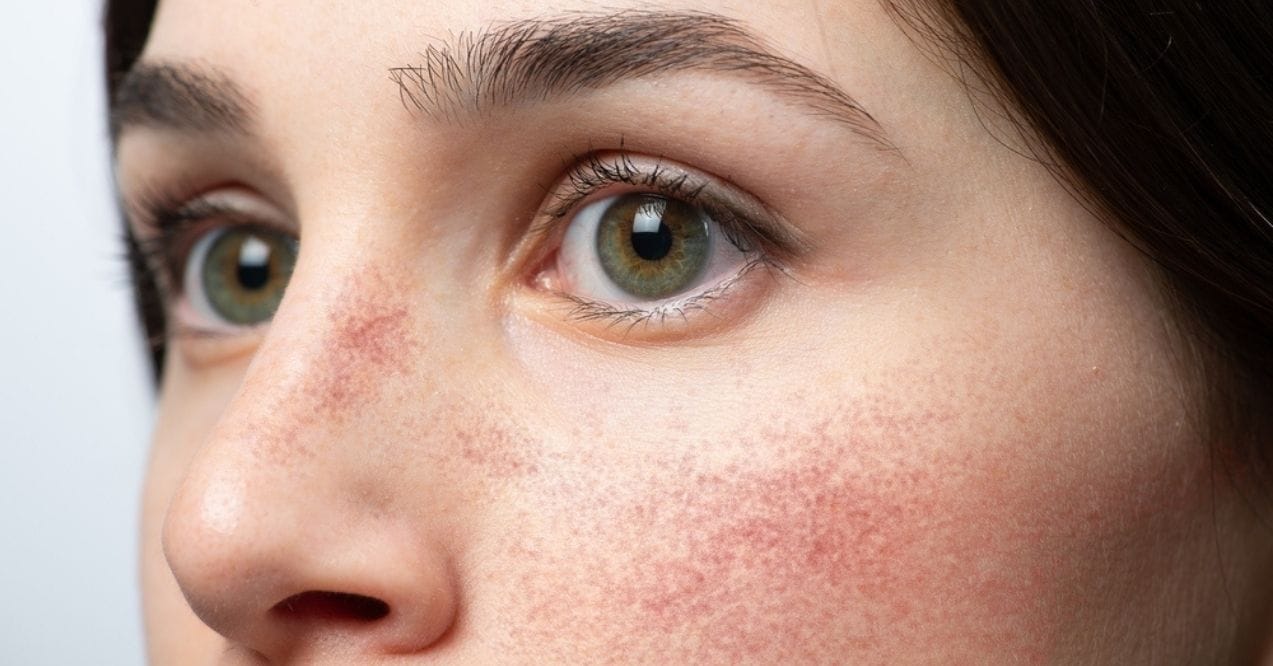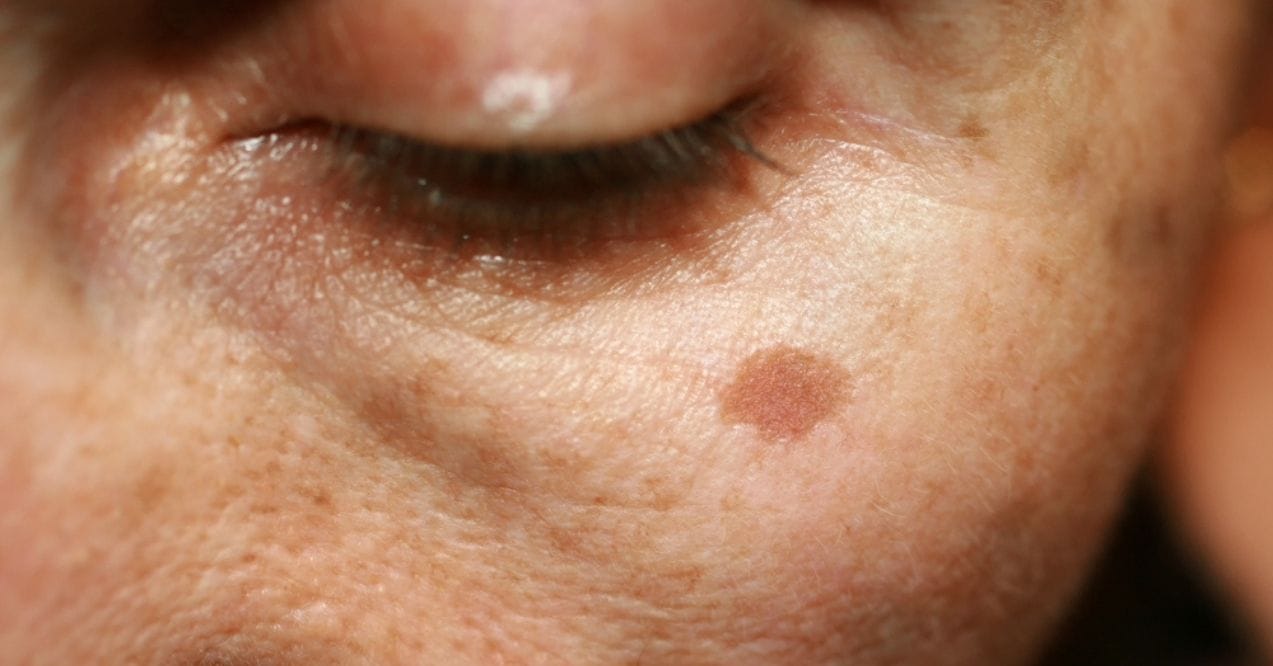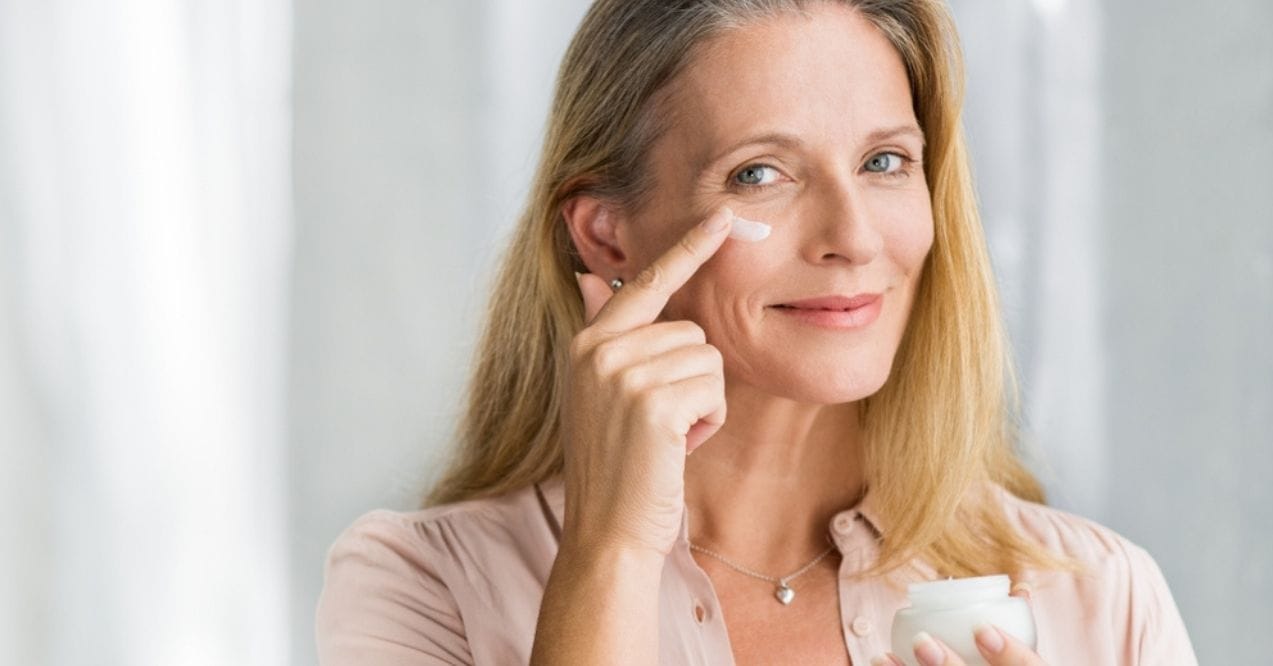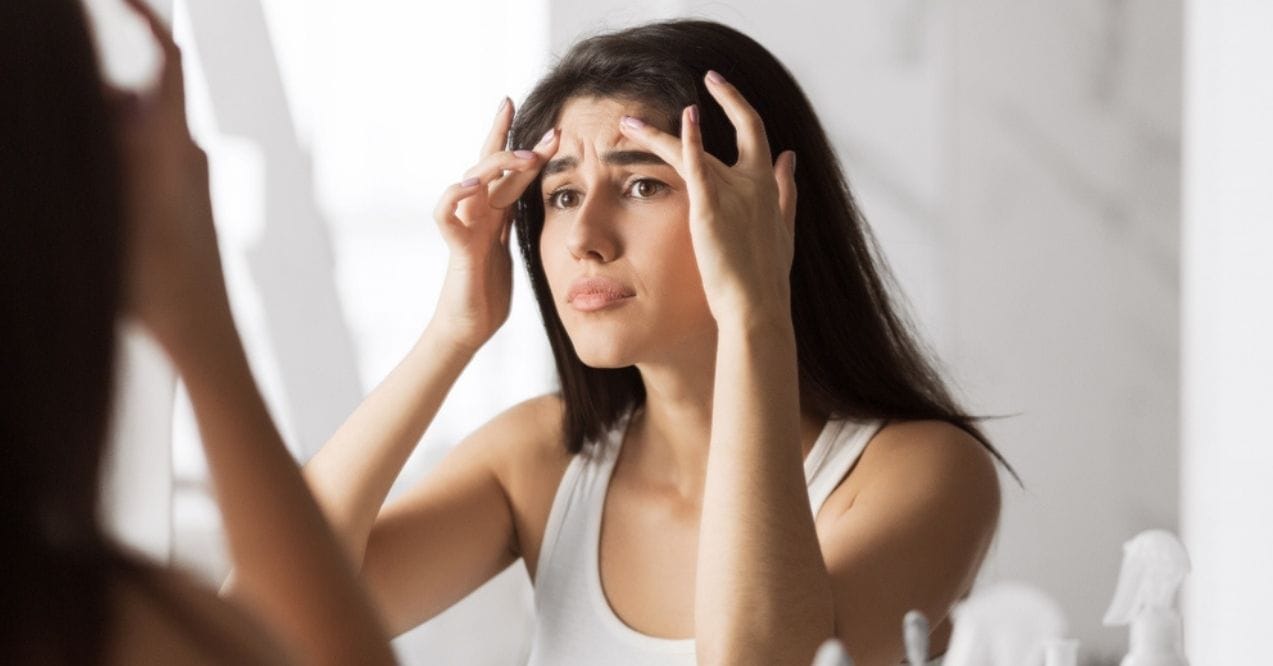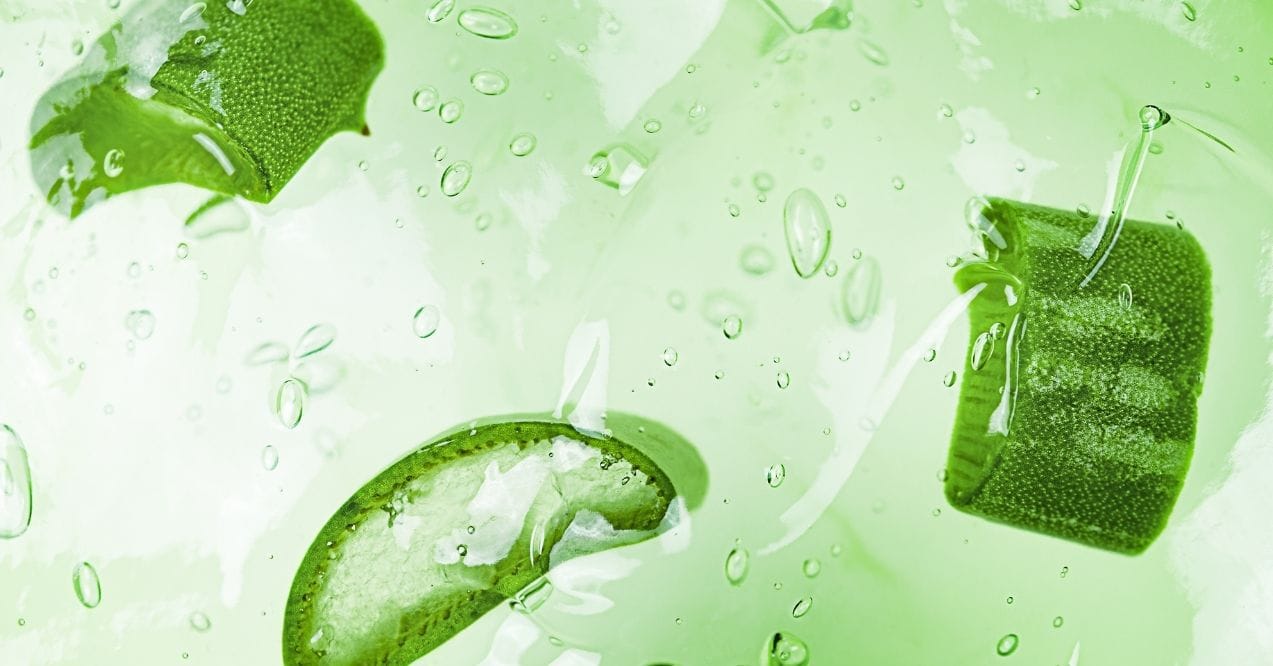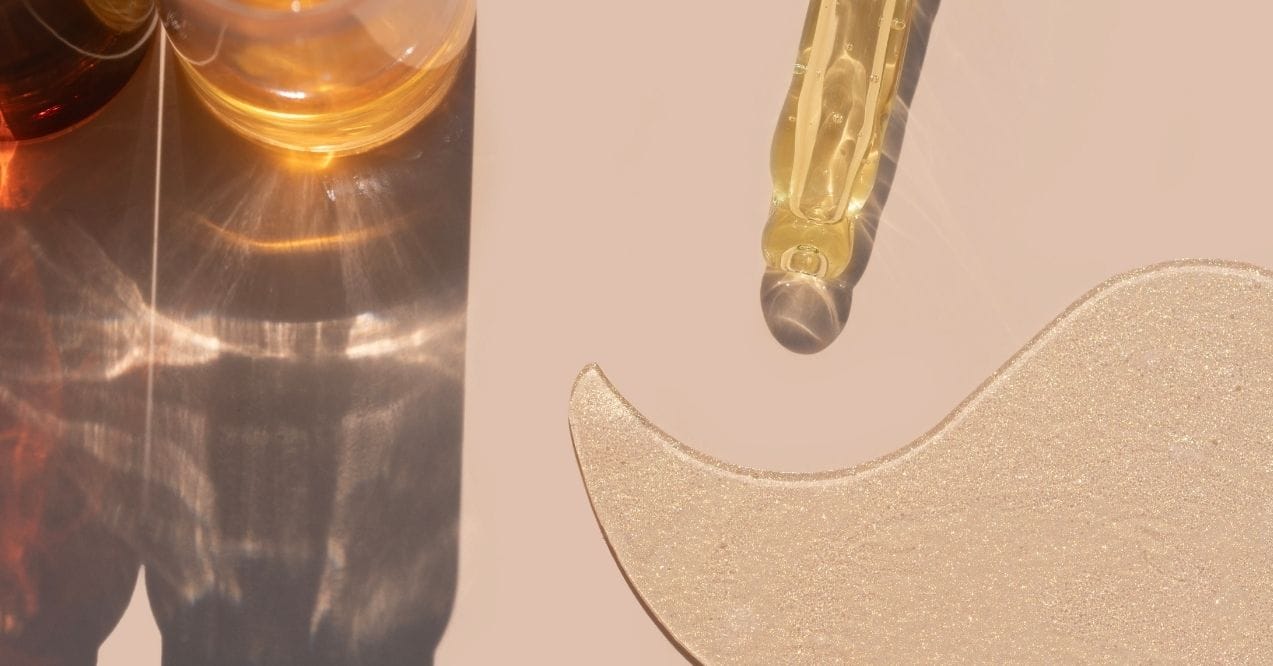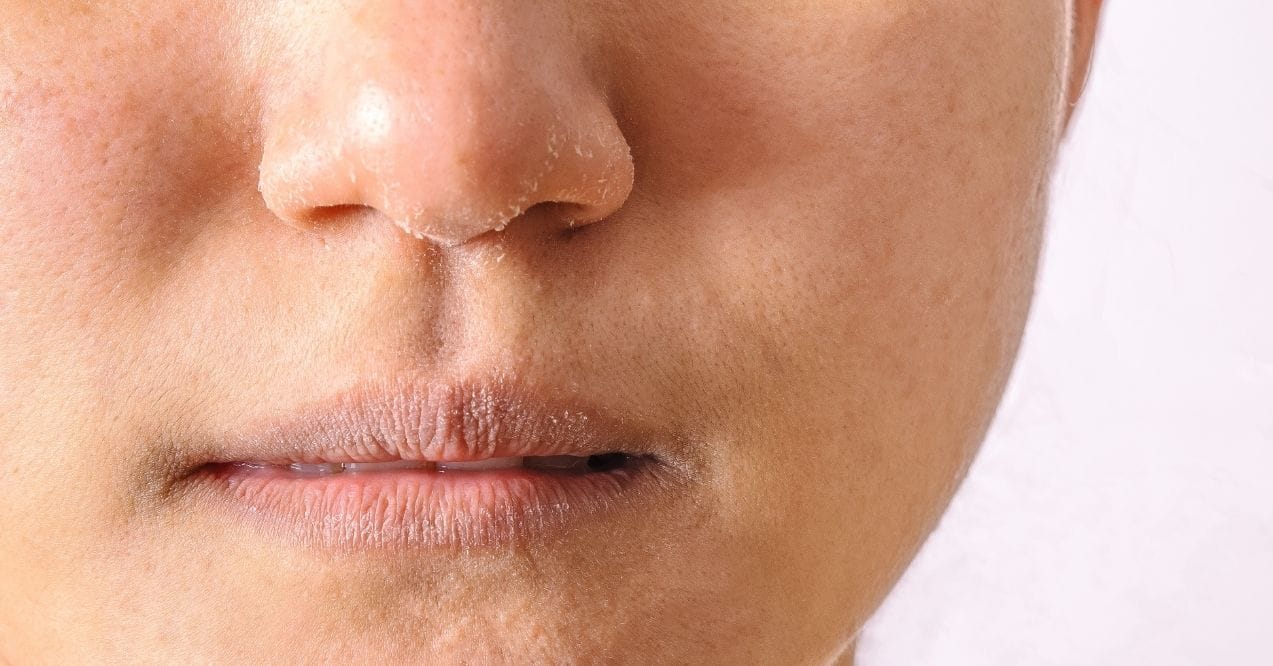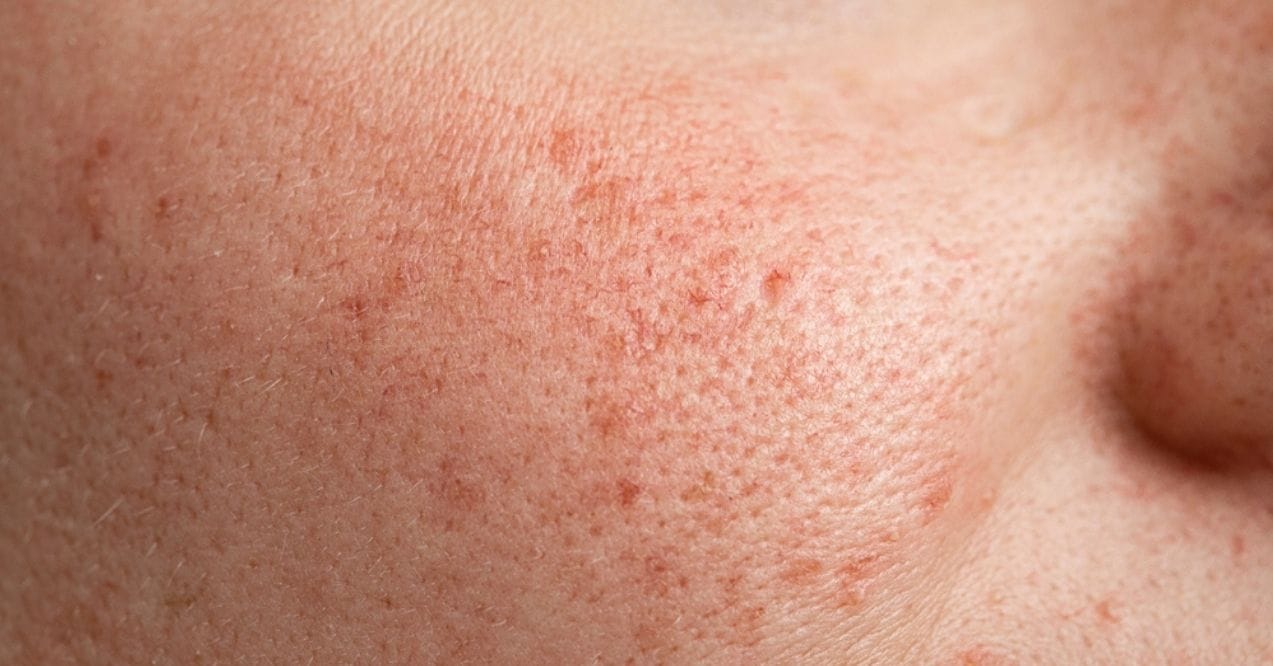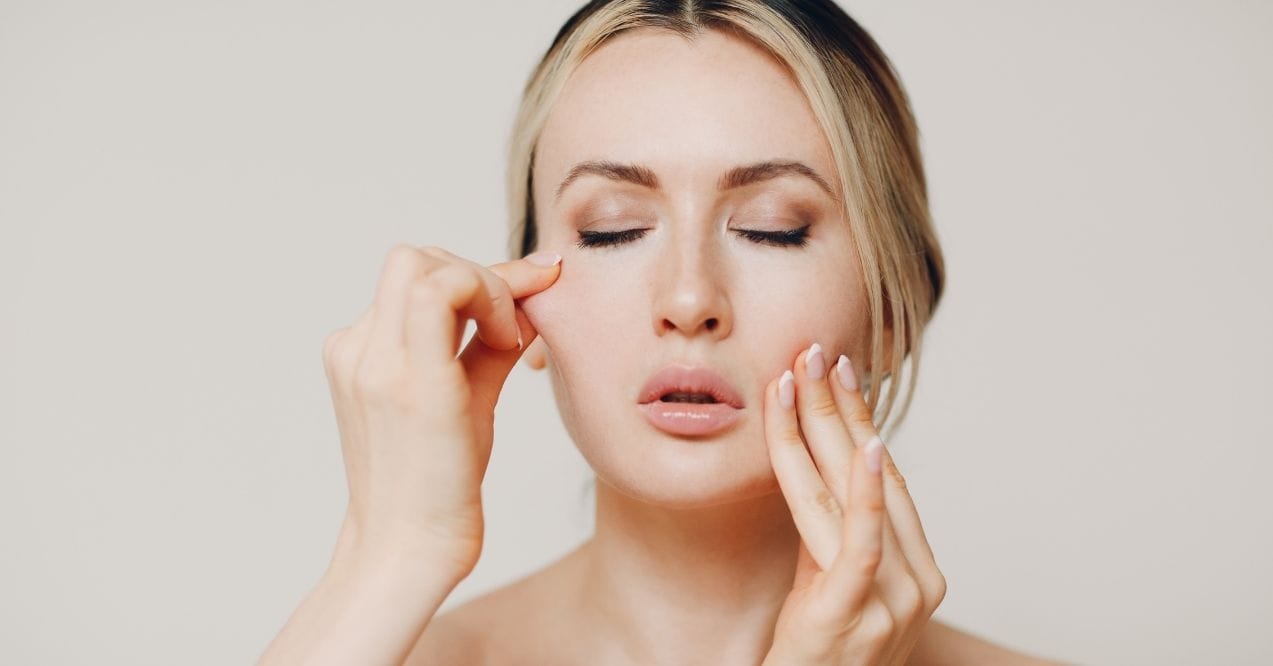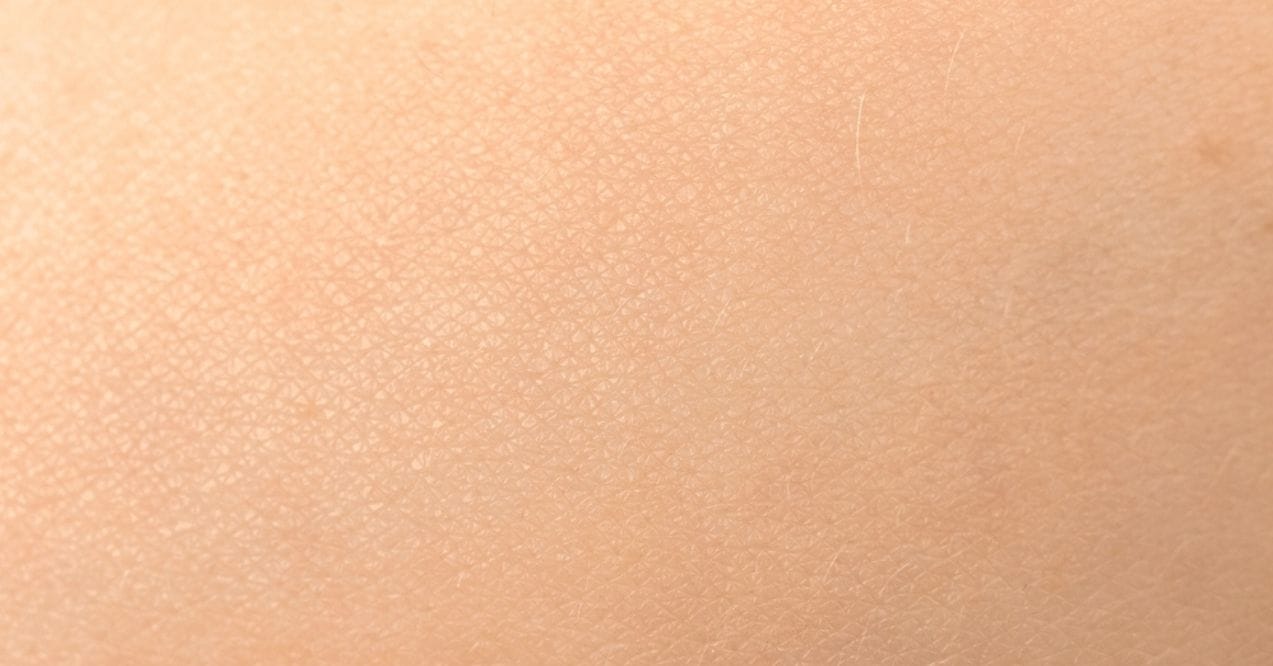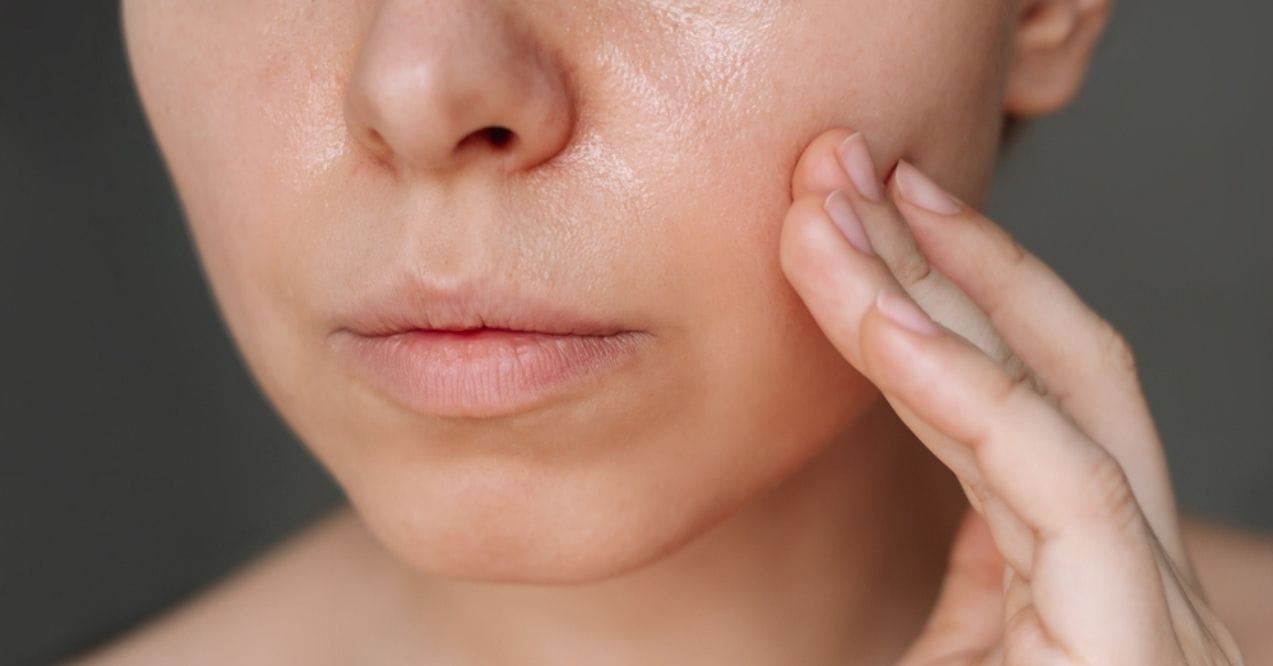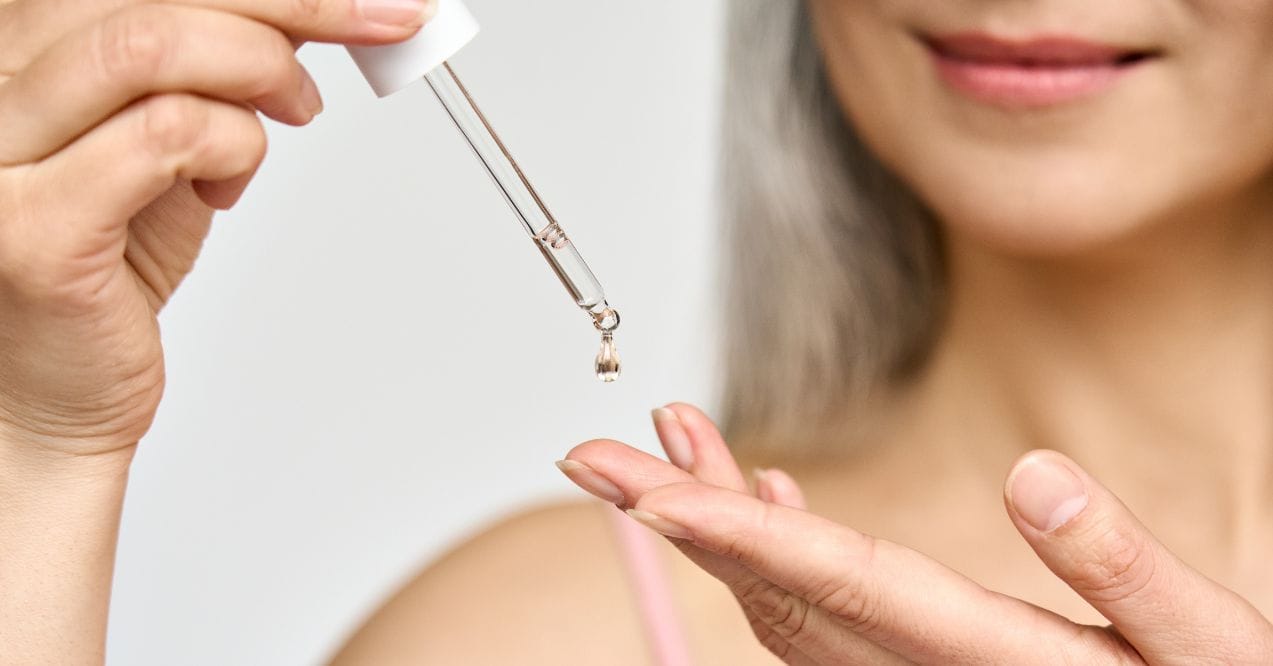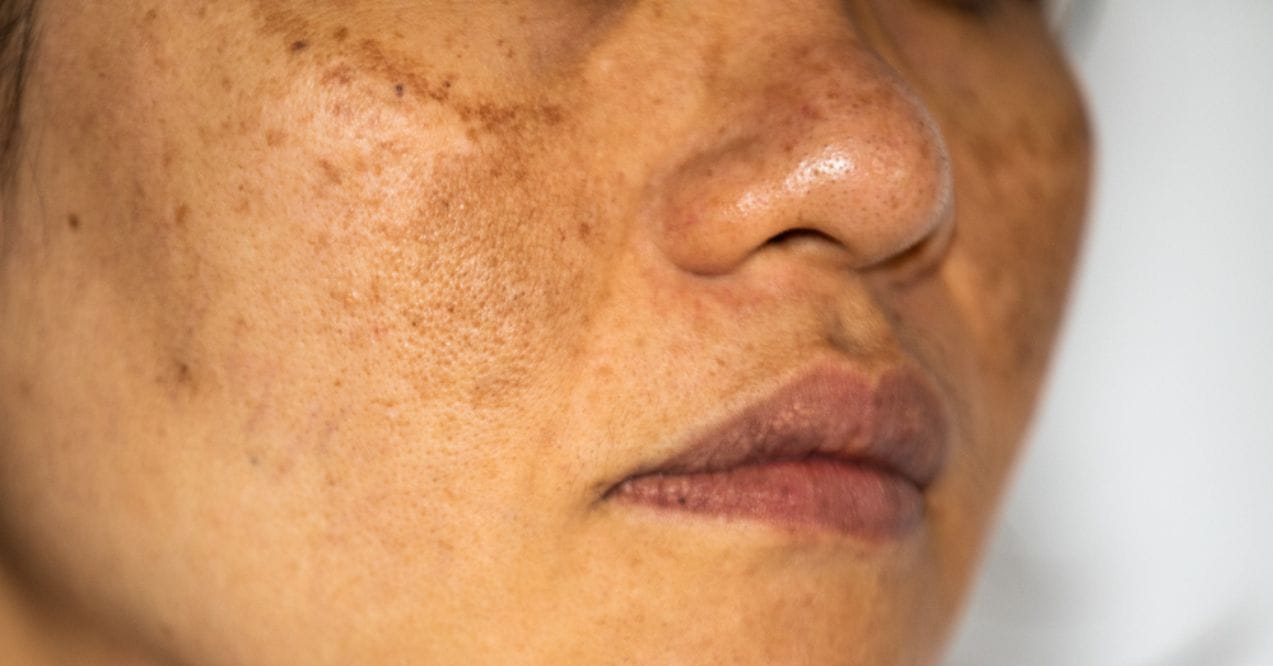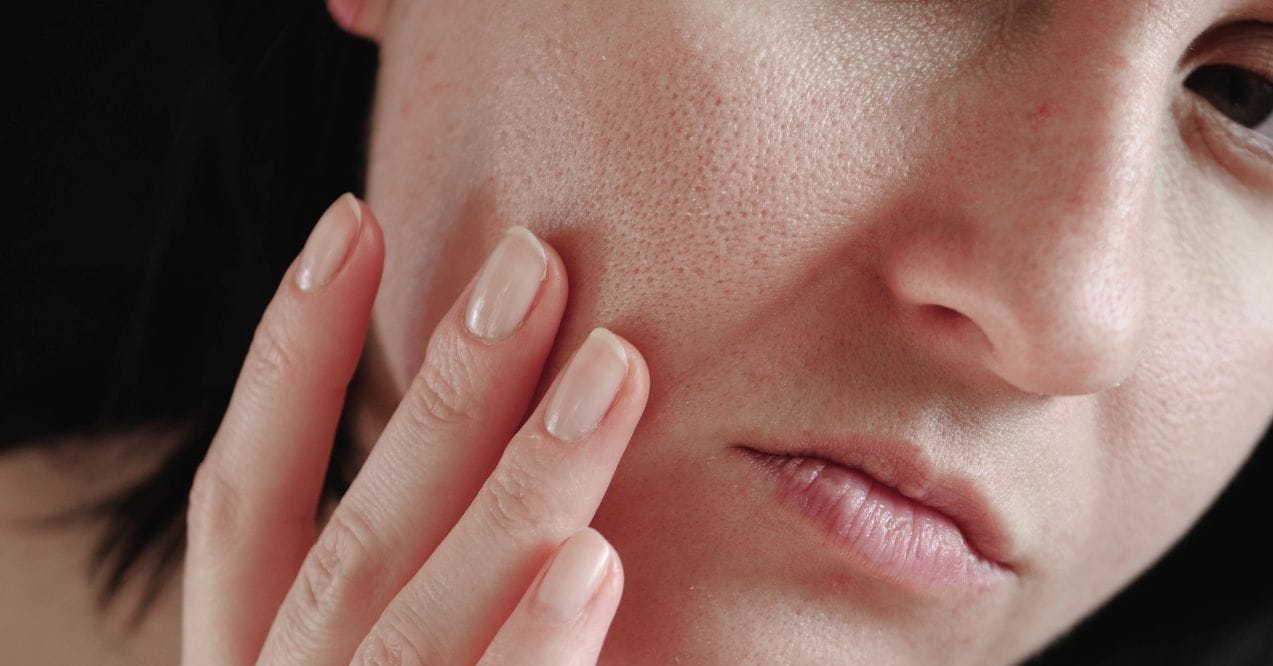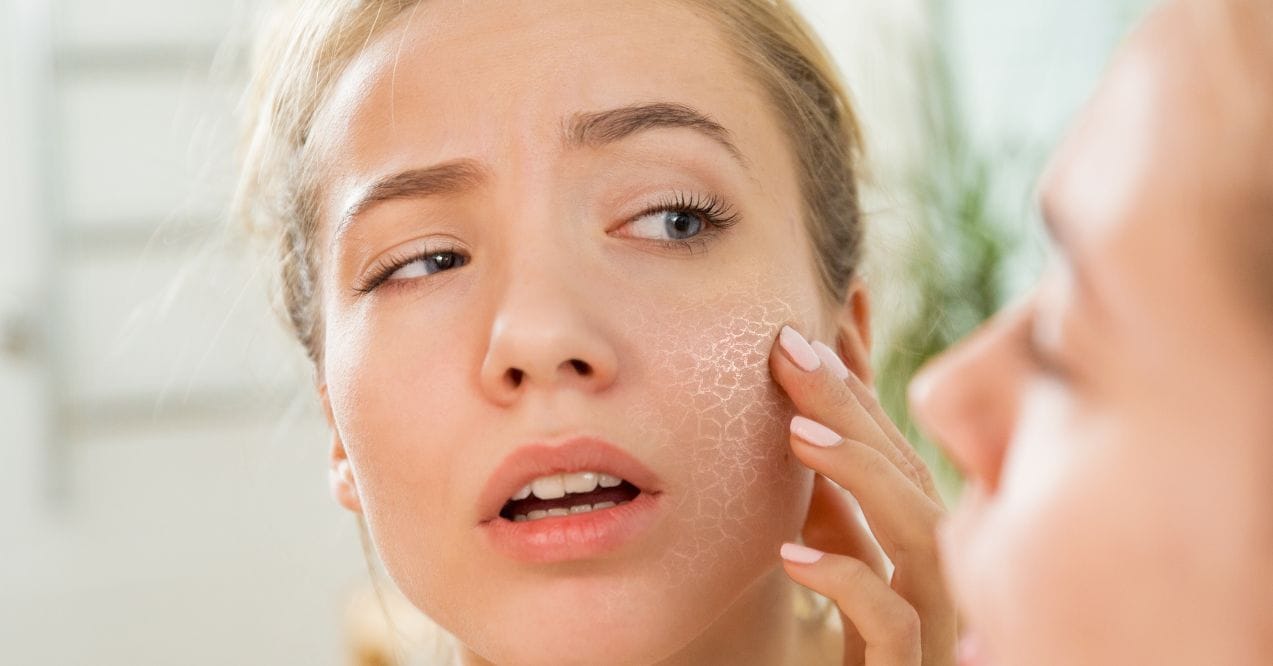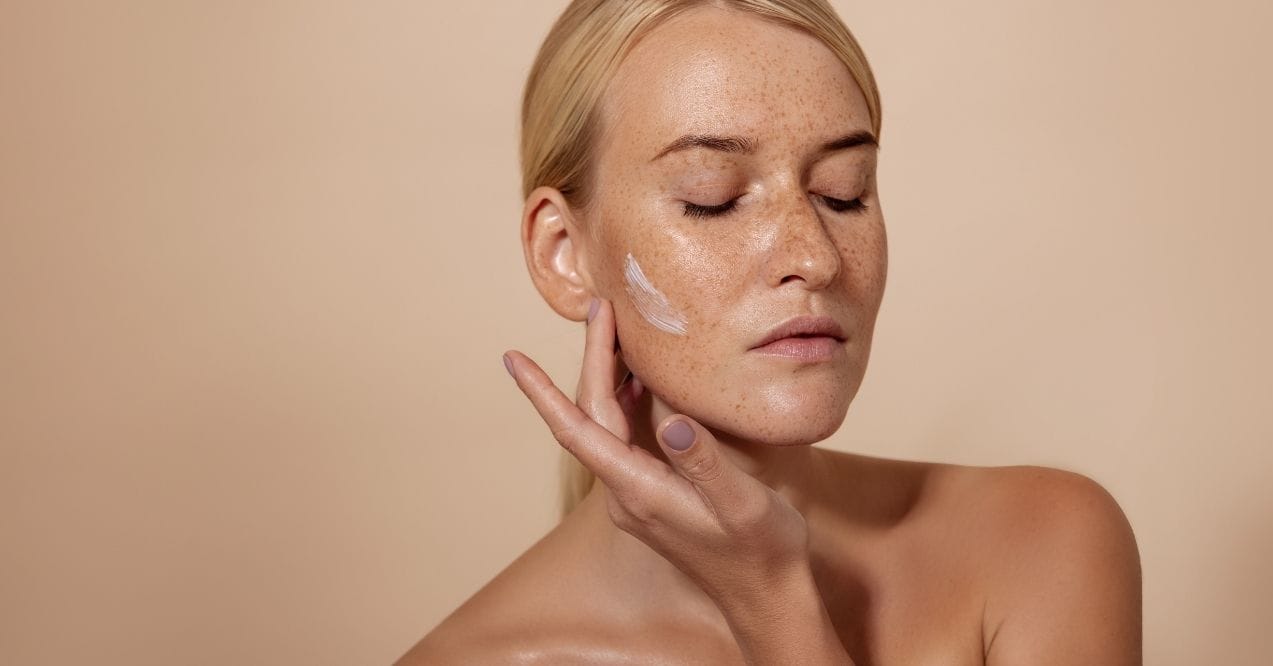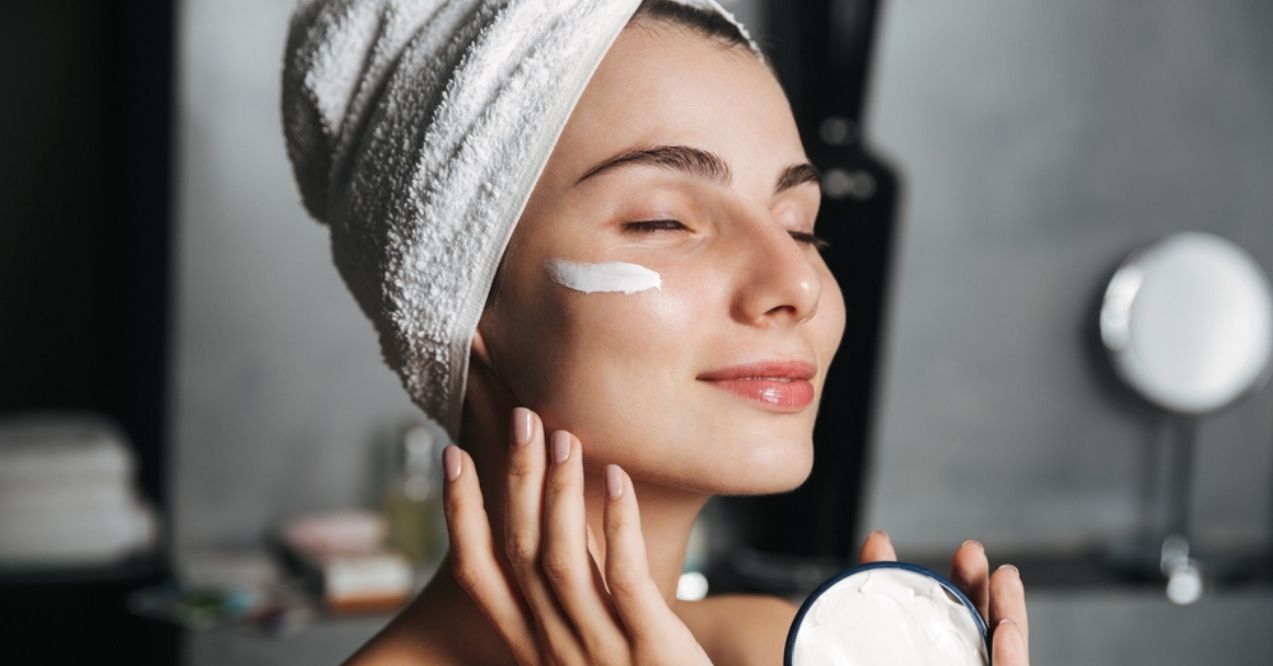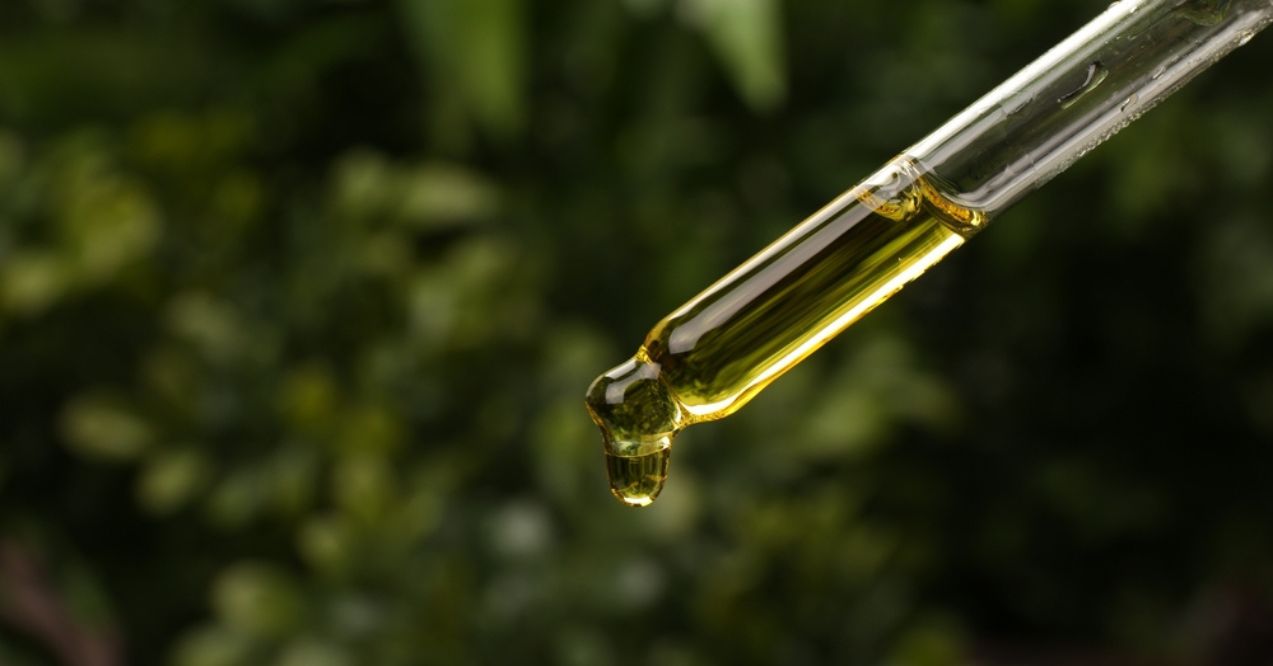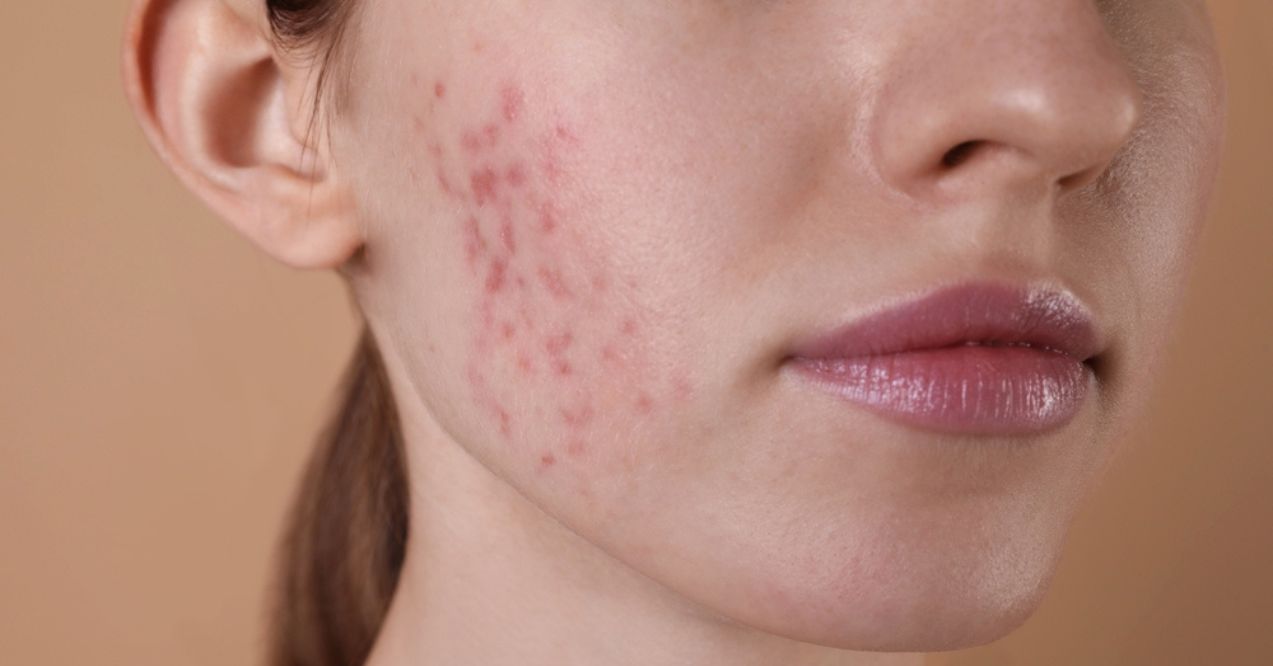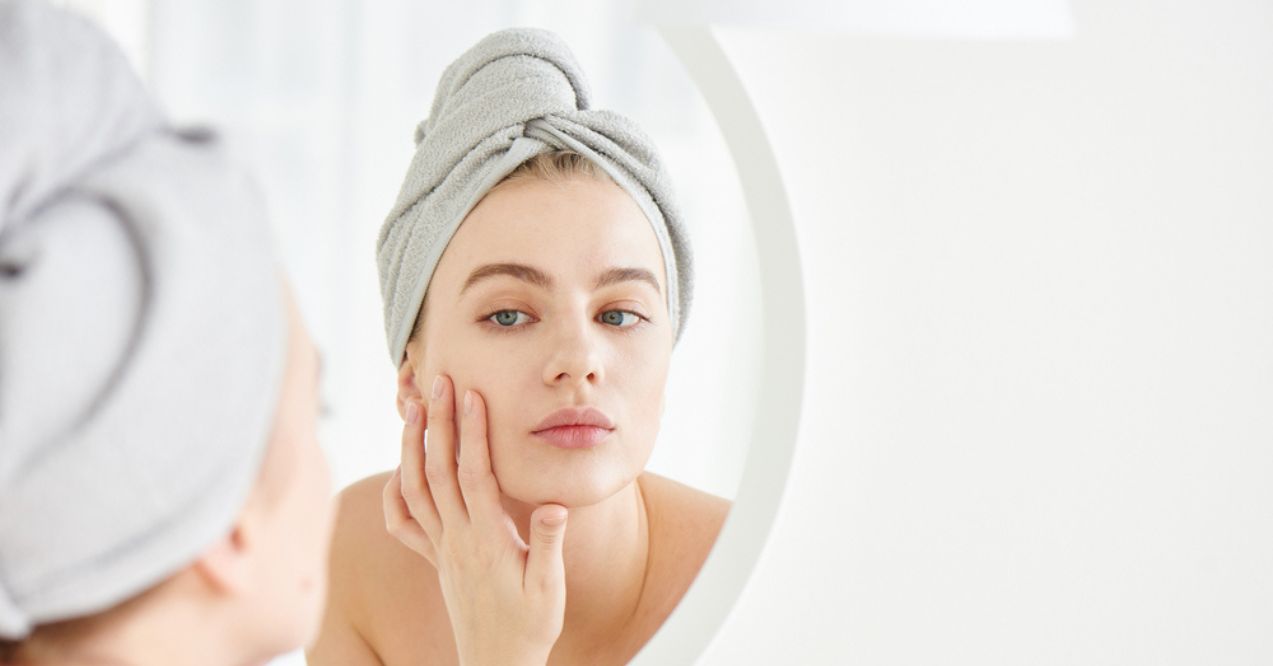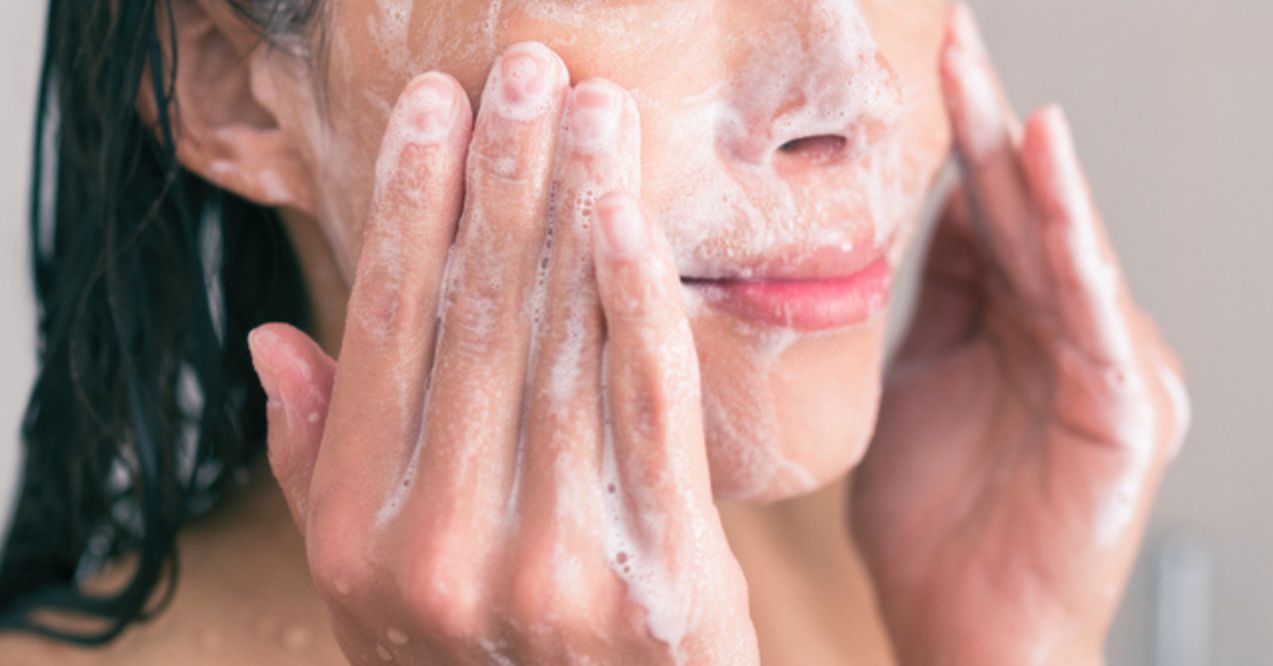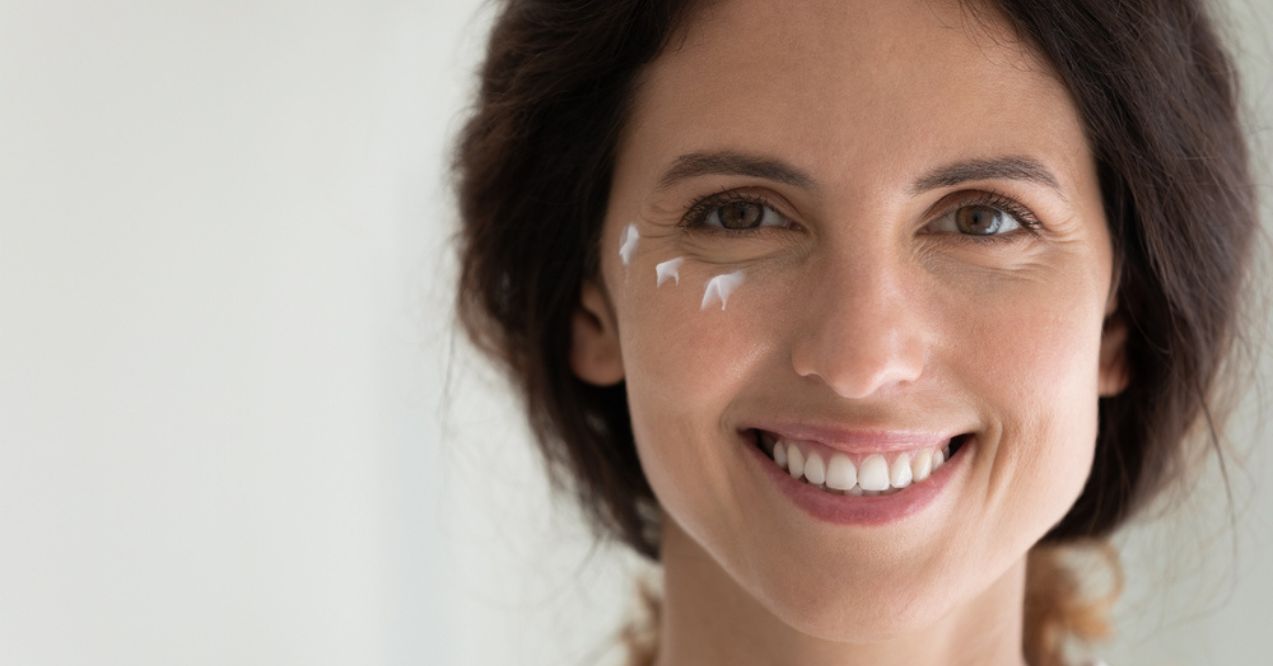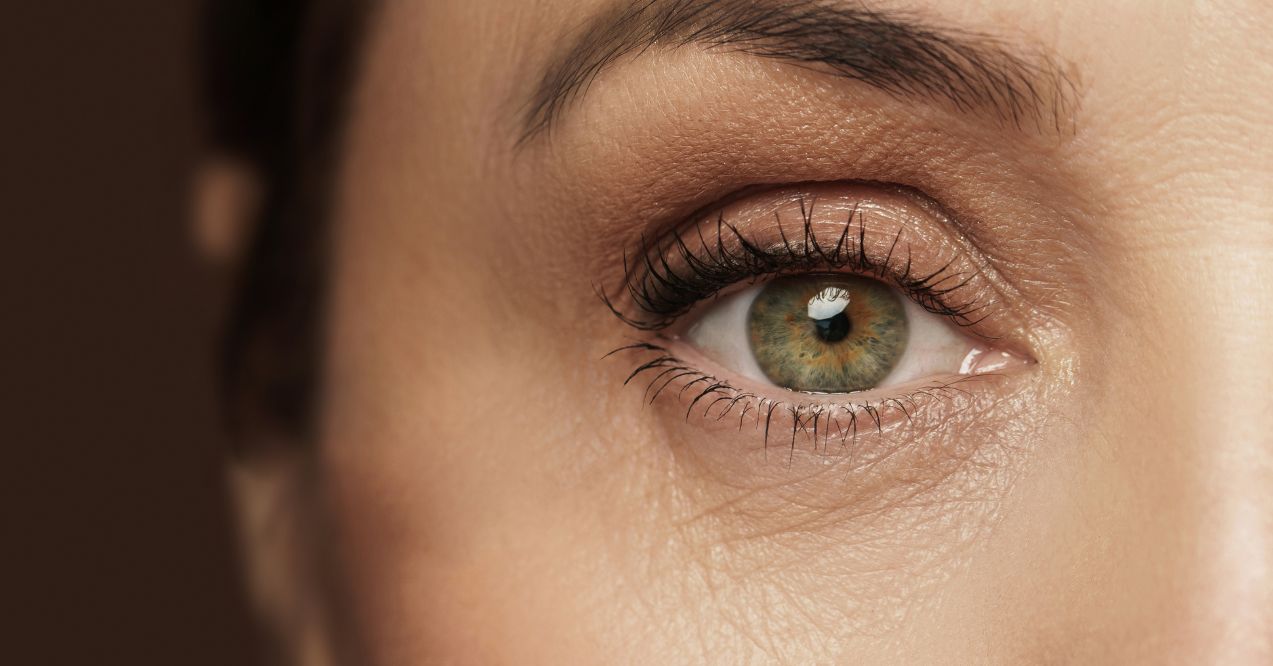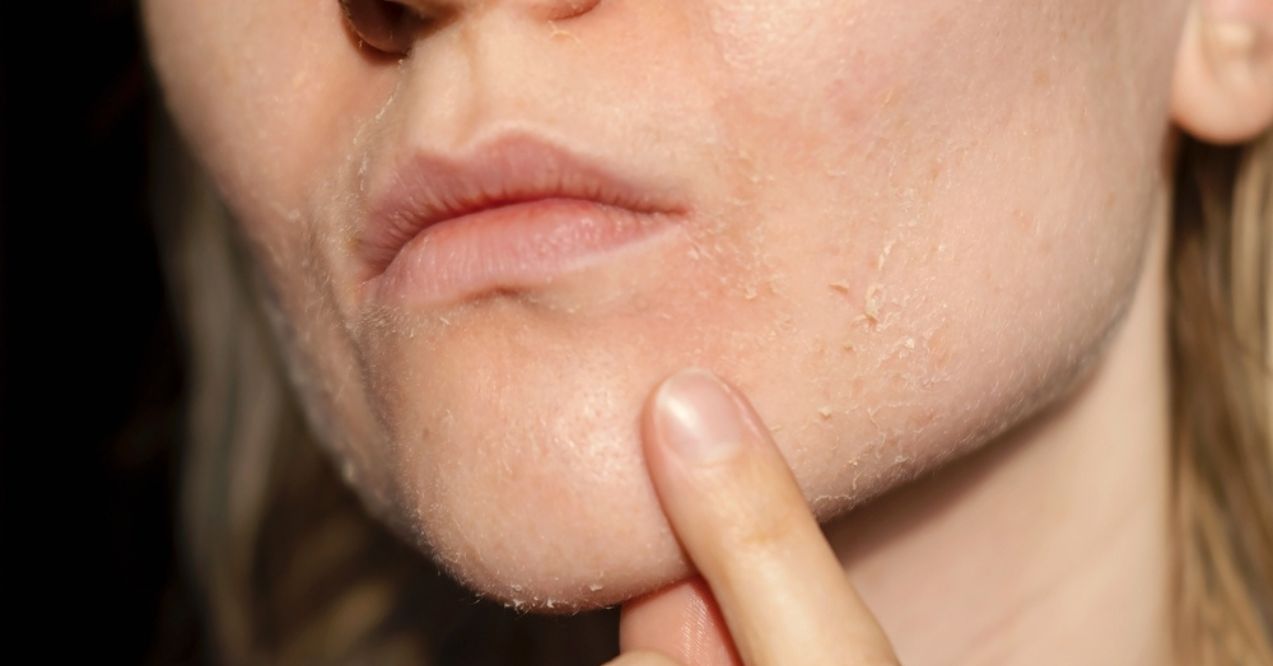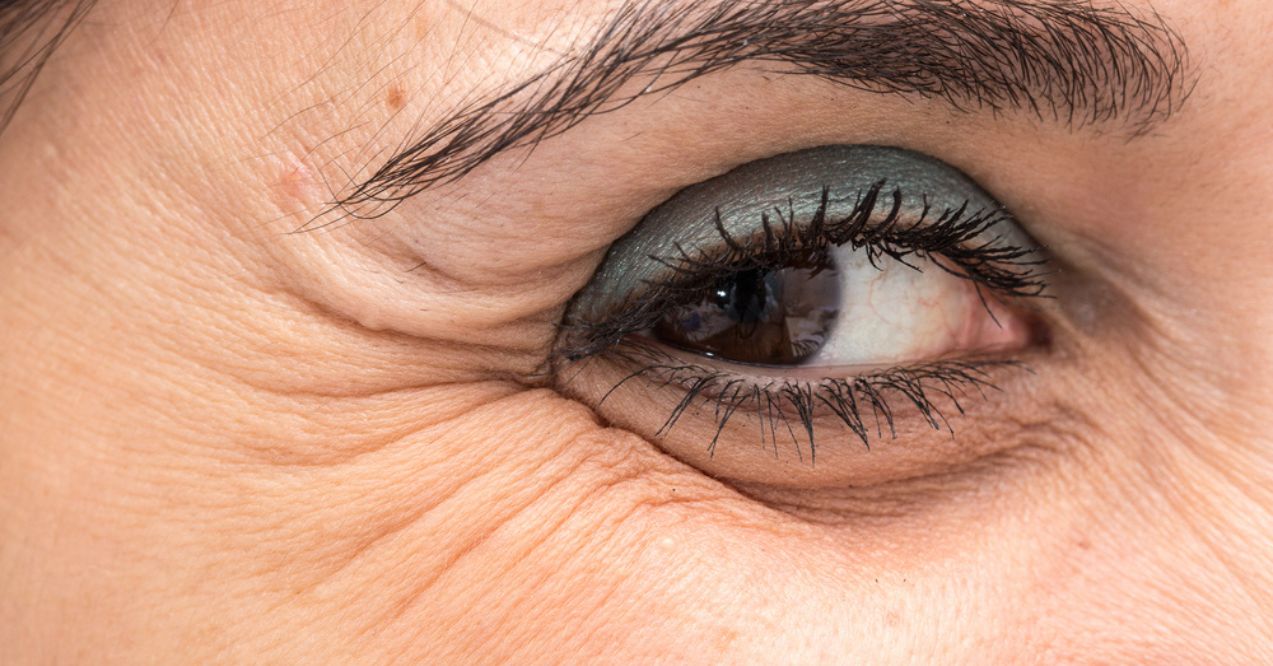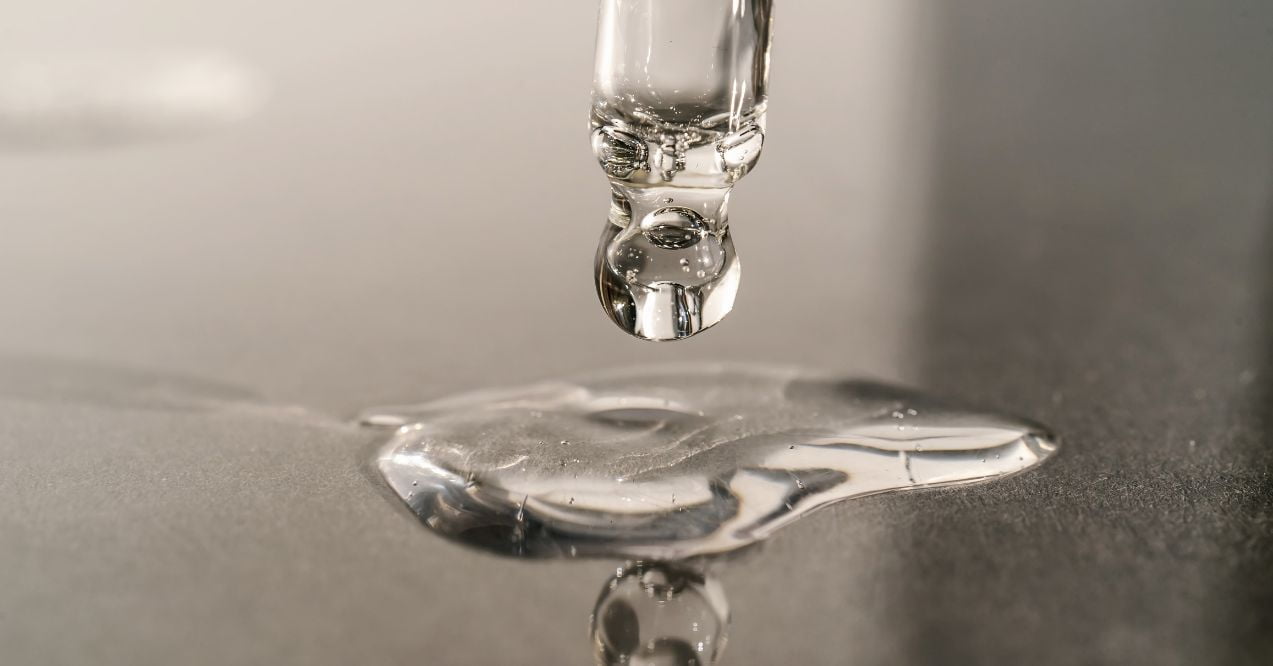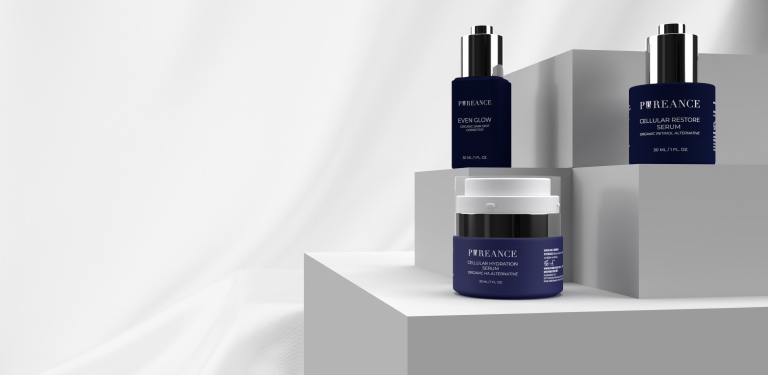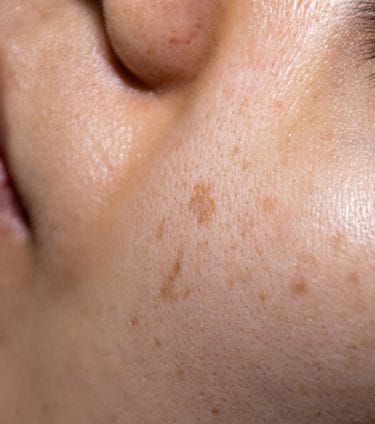
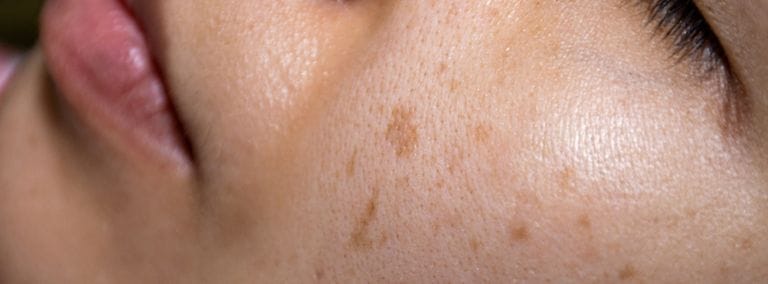

What Causes Uneven Skin Tone? 7 Surprising Culprits
What causes uneven skin tone? It’s a question many ask when they notice dark spots, redness, or patches that seem to disrupt the natural appearance of their complexion. Uneven skin tone can impact your overall look, sometimes making skin appear less radiant or healthy than you’d like.
While sun exposure is a well-known factor, there are several lesser-known causes that may be affecting your skin without you realizing it. From tech-induced blue light to hidden pollutants, we’ll uncover seven surprising culprits of uneven skin tone that might be working against your skincare routine.
Key Article Findings
- Multiple factors such as hidden sun damage, blue light exposure, hormonal fluctuations, and poor nutrition can contribute to uneven skin tone.
- Lifestyle changes like wearing sunscreen daily, managing stress, and maintaining a balanced diet rich in antioxidants can help prevent and improve pigmentation issues.
- Professional treatments, including chemical peels and laser therapy, may be necessary for addressing persistent or stubborn pigmentation problems.
Seven Surprising Culprits of Uneven Skin Tone
Uneven skin tone isn’t just the result of aging or sun exposure; several unexpected factors can quietly impact your complexion. Understanding what causes uneven skin tone on face requires looking beyond the surface. Let’s explore seven surprising culprits that could be affecting your skin, sometimes without you even knowing.
1. Hidden Sun Damage
While most people know that direct sun exposure can lead to skin issues, hidden sun damage is an often-overlooked factor. Ultraviolet (UV) rays can penetrate through windows, making even indoor exposure a potential culprit. Additionally,
UV damage on cloudy days, when sunscreen is often skipped, adds up over time, contributing to pigmentation problems. This cumulative exposure can lead to dark spots, patches, and other pigmentation irregularities, gradually impacting skin tone without obvious signs at first.
2. Tech-Related Blue Light Exposure
We are constantly exposed to blue light from screens – whether phones, computers, or tablets. Recent studies have linked this prolonged exposure to increased hyperpigmentation, especially in darker skin tones. Known as high-energy visible (HEV) light, blue light penetrates the skin and can cause discoloration and uneven tone.
“Ghost tan lines” from wearable tech like smartwatches can also add to the problem by creating irregular exposure patterns on the skin. This phenomenon, combined with hours spent in front of screens, may lead to a condition called “screen face,” where uneven patches of pigmentation develop.
3. Sleep Deprivation and Circadian Rhythm Disruption
Lack of sleep does more than just leave you feeling tired; it can also disrupt your skin’s natural repair cycle. Skin regenerates and repairs itself during sleep, and when this process is interrupted, it can lead to uneven skin tone.
Sleep deprivation has been shown to increase oxidative stress in the skin, making it harder for cells to renew effectively. Additionally, “social jet lag,” where people sleep longer on weekends to make up for lost sleep during the week, can throw off the body’s natural rhythms, affecting skin tone and texture.
4. Nutritional Imbalances and Gut Health
Your diet plays a significant role in your skin’s appearance, with the gut-skin connection being a key factor. Poor gut health, due to imbalances in your microbiome, can lead to inflammation, which in turn affects the skin.
Nutritional deficiencies – such as a lack of vitamin C, which supports collagen production, or zinc, important for skin repair – can contribute to pigmentation problems and uneven skin tone. To fully understand what causes uneven skin tone on the face, addressing both external and internal factors, including diet, is crucial for maintaining a balanced complexion.
5. Environmental Pollutants Beyond the Obvious
When considering what is the cause of uneven skin tone, environmental pollutants are often an underestimated factor. While we may think of smog or vehicle emissions as primary offenders, lesser-known indoor pollutants can be just as damaging. Particulate matter from indoor cooking, especially in poorly ventilated spaces, can settle on the skin, causing oxidative stress and inflammation.
Volatile organic compounds (VOCs) from common household products like air fresheners and cleaning agents also release harmful chemicals that irritate the skin. These pollutants can damage the skin’s protective barrier, leading to uneven pigmentation, dark spots, and dullness over time.
6. Hormonal Fluctuations Beyond Pregnancy
Hormonal changes aren’t limited to pregnancy when it comes to skin tone issues. As women approach perimenopause and menopause, shifts in hormone levels, particularly estrogen, can disrupt melanin production, leading to hyperpigmentation or melasma. Stress hormones, such as cortisol, also play a role.
Chronic stress can trigger excess melanin production, causing pigmentation to appear in certain areas of the face. Hormonal mapping refers to how specific areas of the face can show pigmentation patterns linked to hormonal imbalances. For instance, pigmentation on the jawline and chin can indicate underlying endocrine issues that contribute to uneven skin tone.
7. Medications and Skincare Product Interactions
Certain medications, including antibiotics and some antihistamines, can increase photosensitivity, making the skin more susceptible to sun damage and uneven pigmentation. This can exacerbate existing dark spots or cause new ones to form. Additionally, mixing incompatible skincare ingredients – such as retinoids and acids – can lead to skin irritation, which can trigger post-inflammatory hyperpigmentation.
Overuse of skin-lightening products can also result in “rebound pigmentation,” where the skin reacts by producing more melanin after an initial improvement. This cycle creates persistent uneven skin tone, highlighting the importance of understanding product interactions when treating pigmentation issues.
Holistic Approaches to Evening Out Skin Tone
Understanding what causes uneven skin tone requires a comprehensive approach that goes beyond quick fixes. Lifestyle changes can play a significant role in preventing and improving uneven pigmentation. If you wonder how to even skin tone, here are some key habits to consider:
- Daily sun protection – Apply broad-spectrum sunscreen every day, even when indoors or on cloudy days.
- Antioxidant-rich diet – Incorporate fruits and vegetables high in antioxidants, such as berries and leafy greens, to combat oxidative stress.
- Proper hydration – Drink plenty of water to support skin hydration and maintain a healthy barrier.
- Sleep hygiene – Prioritize consistent, quality sleep to allow the skin time to repair and regenerate.
- Stress management – Practice relaxation techniques like meditation or yoga to help reduce hormonal imbalances that affect skin tone.
- Gentle skincare routine – Use products that are compatible with your skin type, avoiding harsh chemicals that can trigger irritation and pigmentation issues.
When to Seek Professional Help
If uneven skin tone persists despite lifestyle changes or worsens over time, it may be time to consult a dermatologist. Signs that indicate the need for professional help include dark spots that do not fade, widespread pigmentation, or areas of skin that become red, irritated, or inflamed.
Dermatologists can offer treatments like chemical peels, laser therapy, or microdermabrasion, which target deeper layers of the skin to address stubborn pigmentation. Prescription-strength topical treatments, such as retinoids, may also be recommended to improve skin tone and texture effectively under professional supervision.
Conclusion
So, what causes uneven skin tone? A variety of factors can contribute, from hidden sun damage and blue light exposure to hormonal fluctuations and nutritional imbalances. Environmental pollutants and poor sleep habits can also affect your complexion, while certain medications and skincare product interactions may worsen pigmentation issues.
To improve and prevent uneven skin tone, adopting a holistic approach with lifestyle changes like sun protection, a healthy diet, and stress management is crucial. For stubborn pigmentation problems, seeking professional help can offer advanced treatments for more effective results.
Yes, your smartphone can contribute to uneven skin tone. Prolonged exposure to blue light emitted by screens has been linked to hyperpigmentation, and the positioning of devices can create irregular patterns of exposure, affecting your skin’s appearance.
Yes, gut health can impact skin pigmentation. An imbalanced gut microbiome may lead to inflammation, which can affect the skin and contribute to uneven pigmentation. Nutritional deficiencies related to gut health can also influence skin tone and appearance.
Your skin may have experienced “rebound pigmentation” after stopping the skin-lightening product. This occurs when the skin reacts by producing more melanin, leading to uneven skin tone as the product’s effects wear off, highlighting underlying pigmentation issues.
This site offers health, wellness, fitness and nutritional information and is designed for educational purposes only. You should not rely on this information as a substitute for, nor does it replace, professional medical advice, diagnosis, or treatment. If you have any concerns or questions about your health, you should always consult with a physician or other health-care professional. Do not disregard, avoid or delay obtaining medical or health related advice from your health-care professional because of something you may have read on this site. The use of any information provided on this site is solely at your own risk.
Nothing stated or posted on this site or available through any services are intended to be, and must not be taken to be, the practice of medical or counseling care. For purposes of this agreement, the practice of medicine and counseling includes, without limitation, psychiatry, psychology, psychotherapy, or providing health care treatment, instructions, diagnosis, prognosis or advice.
